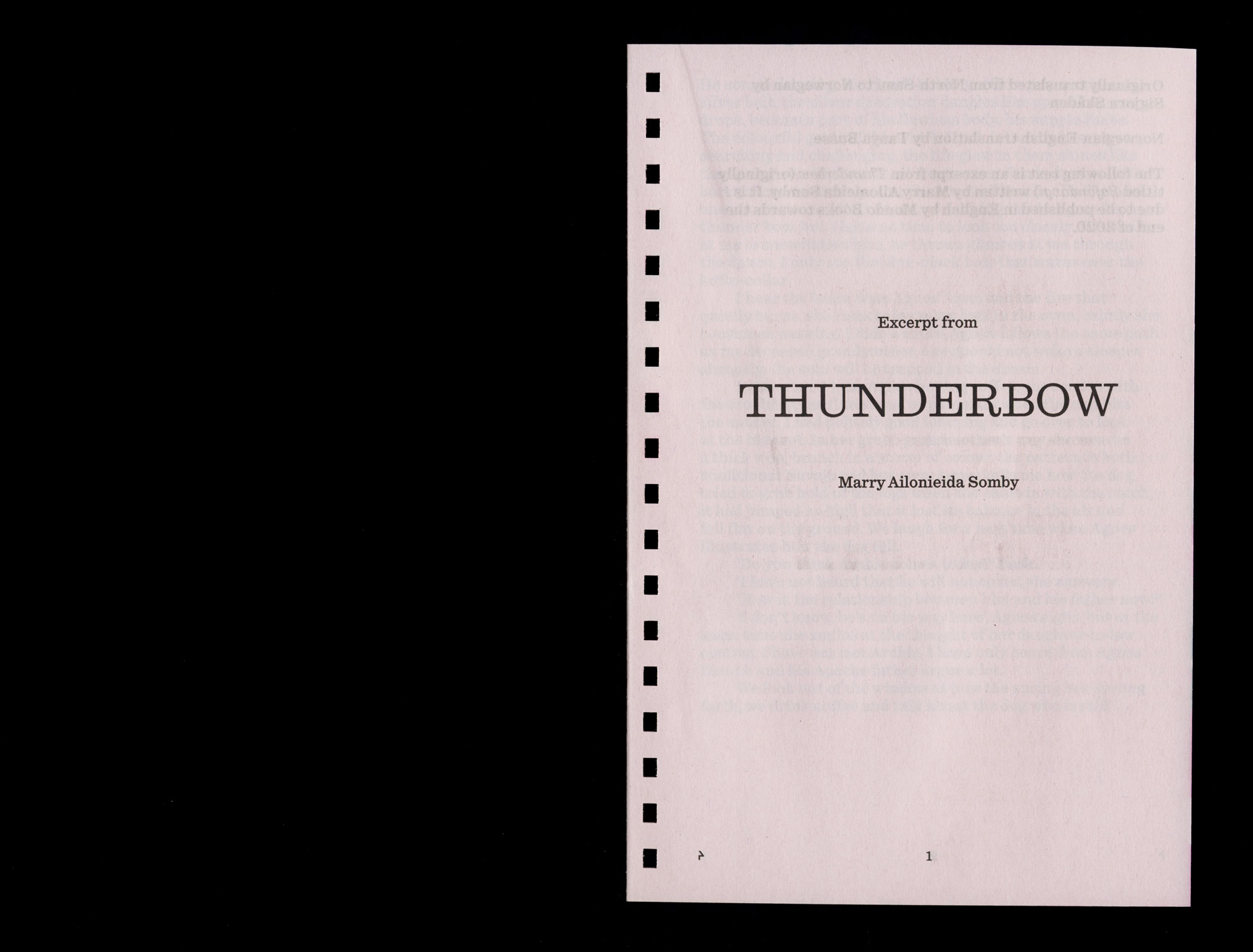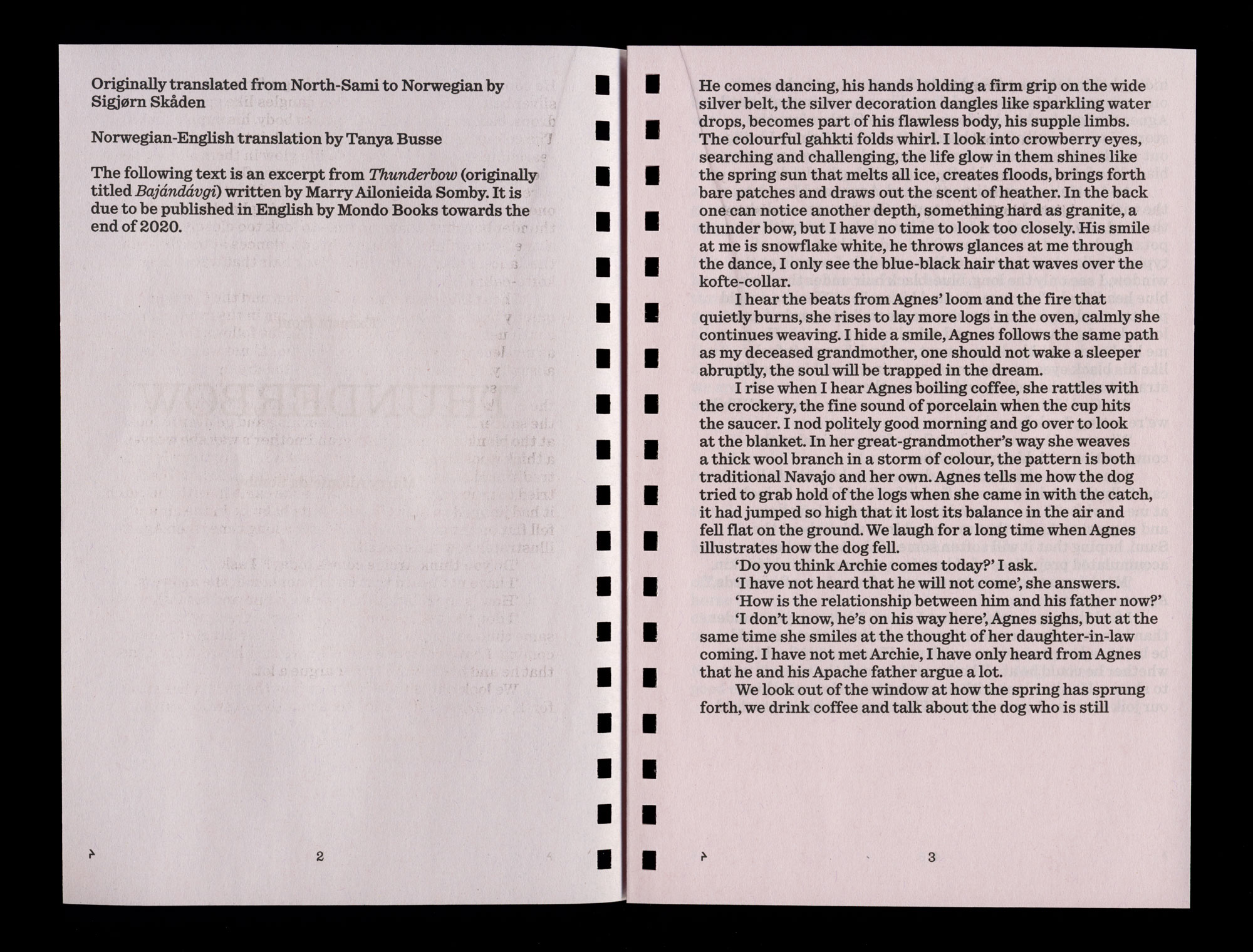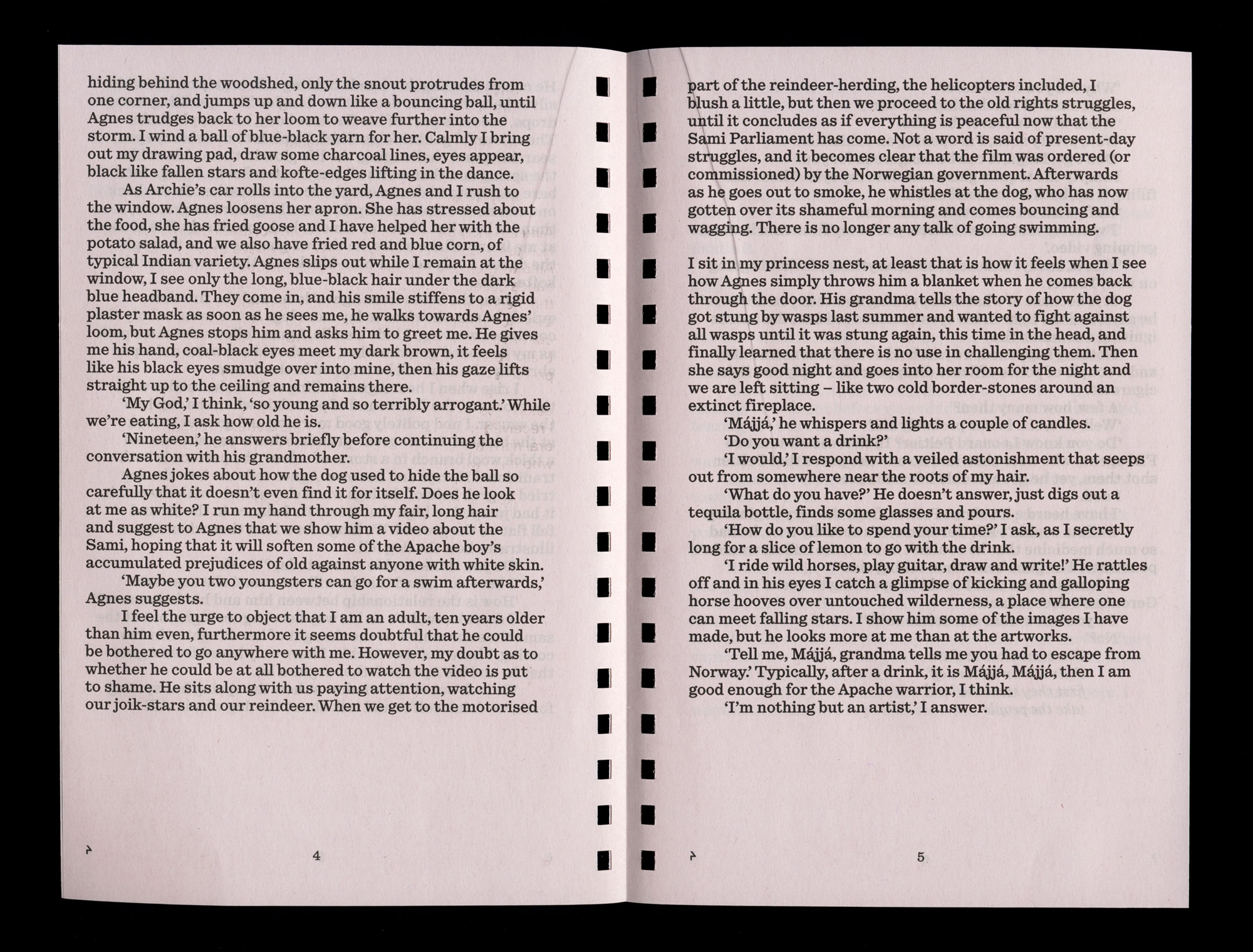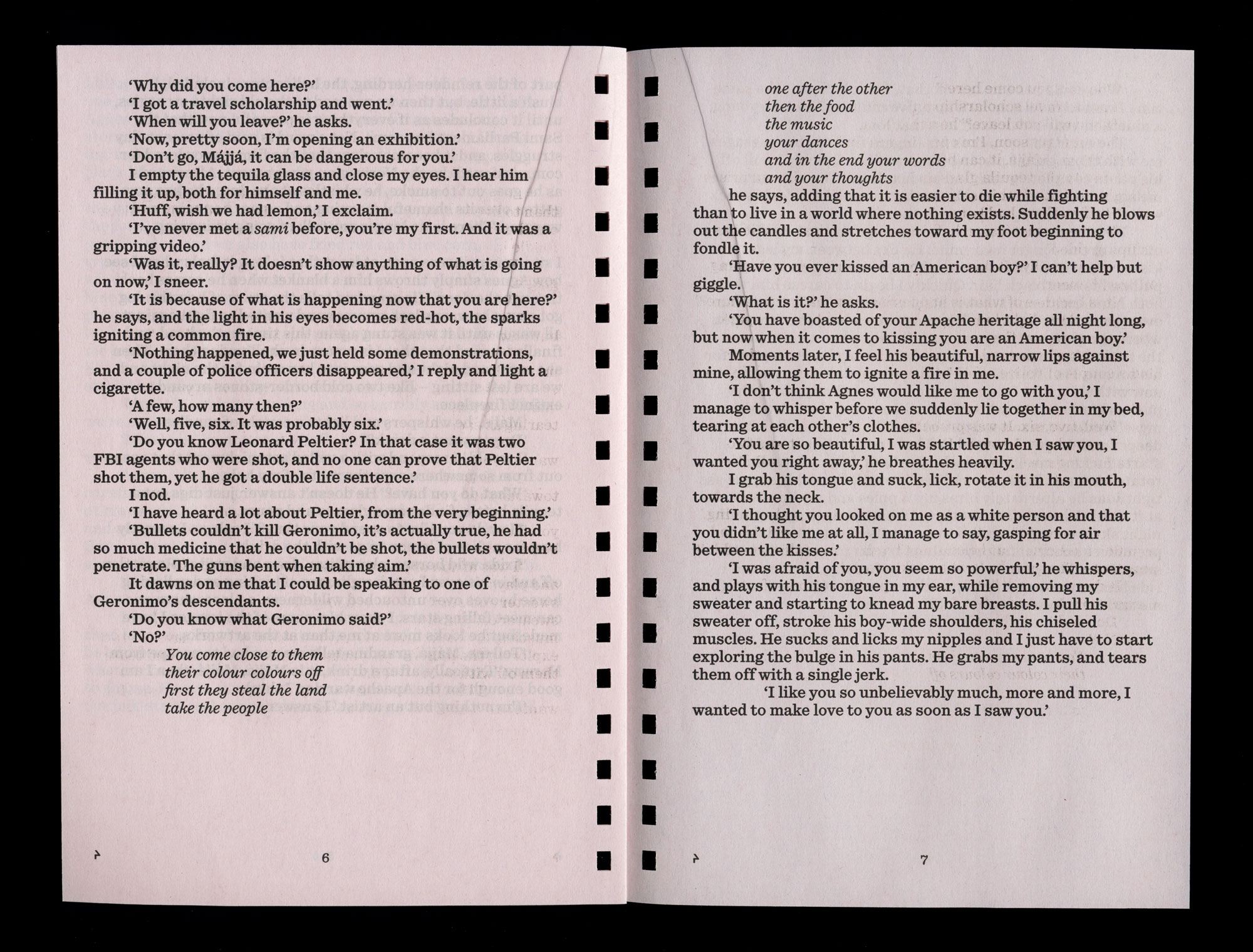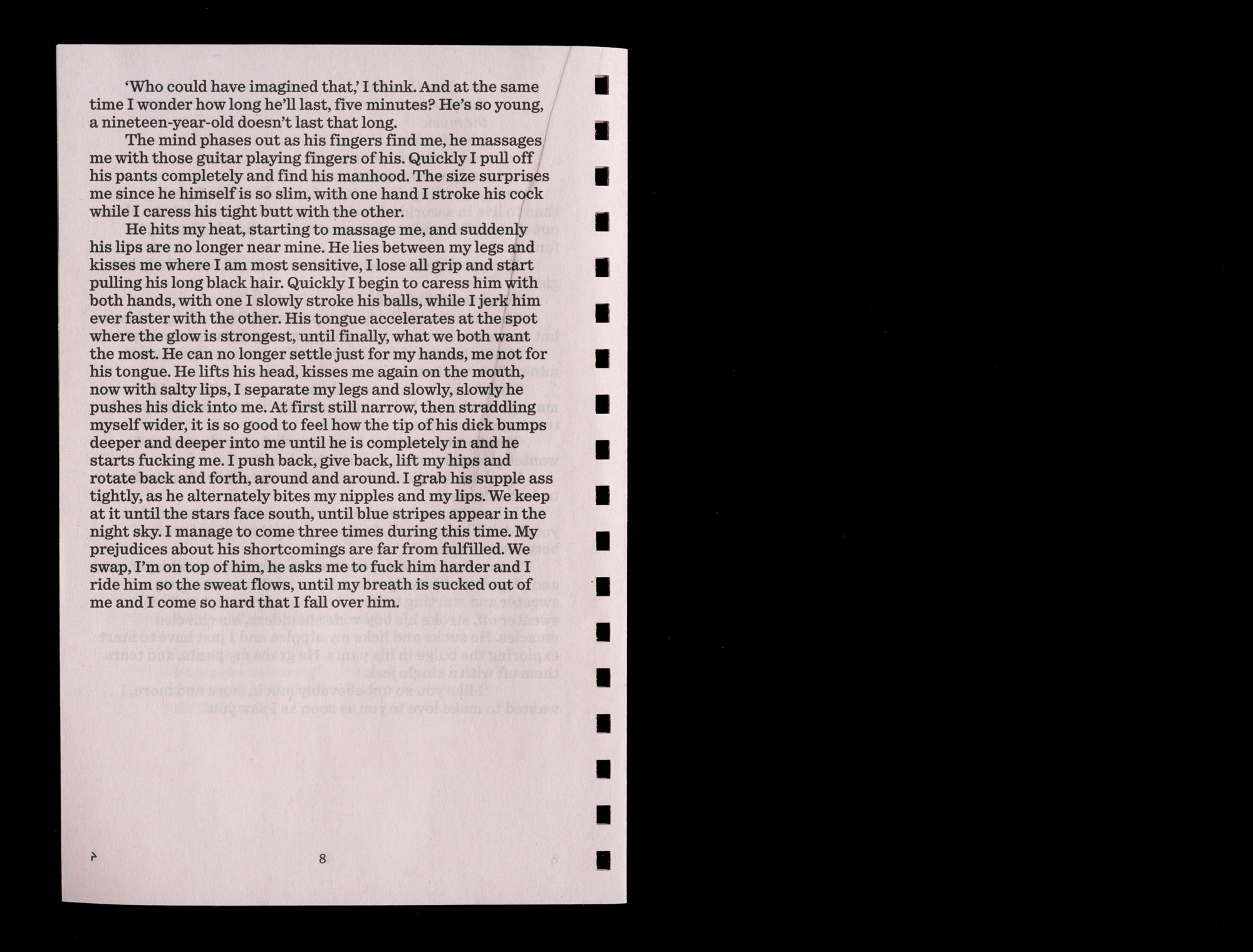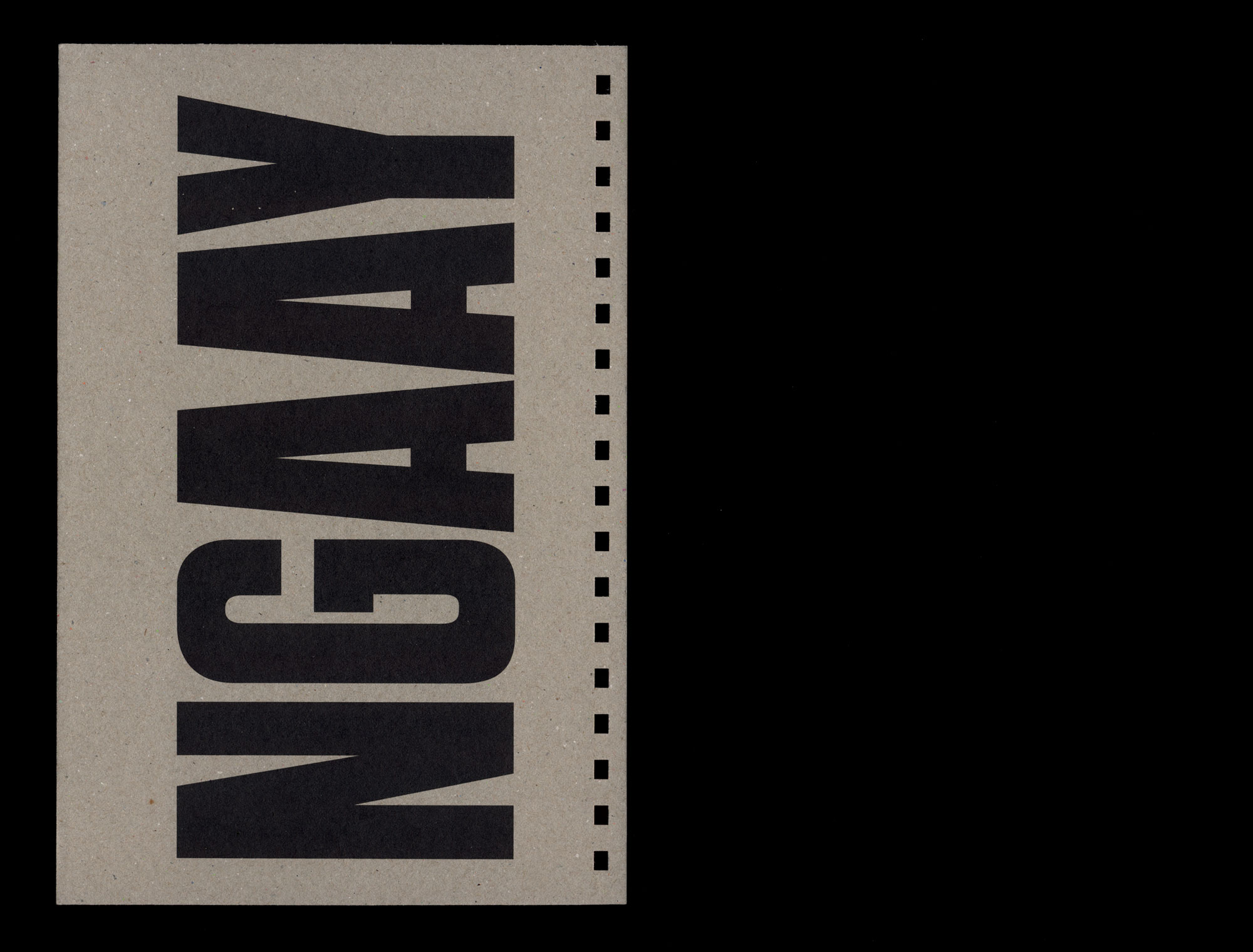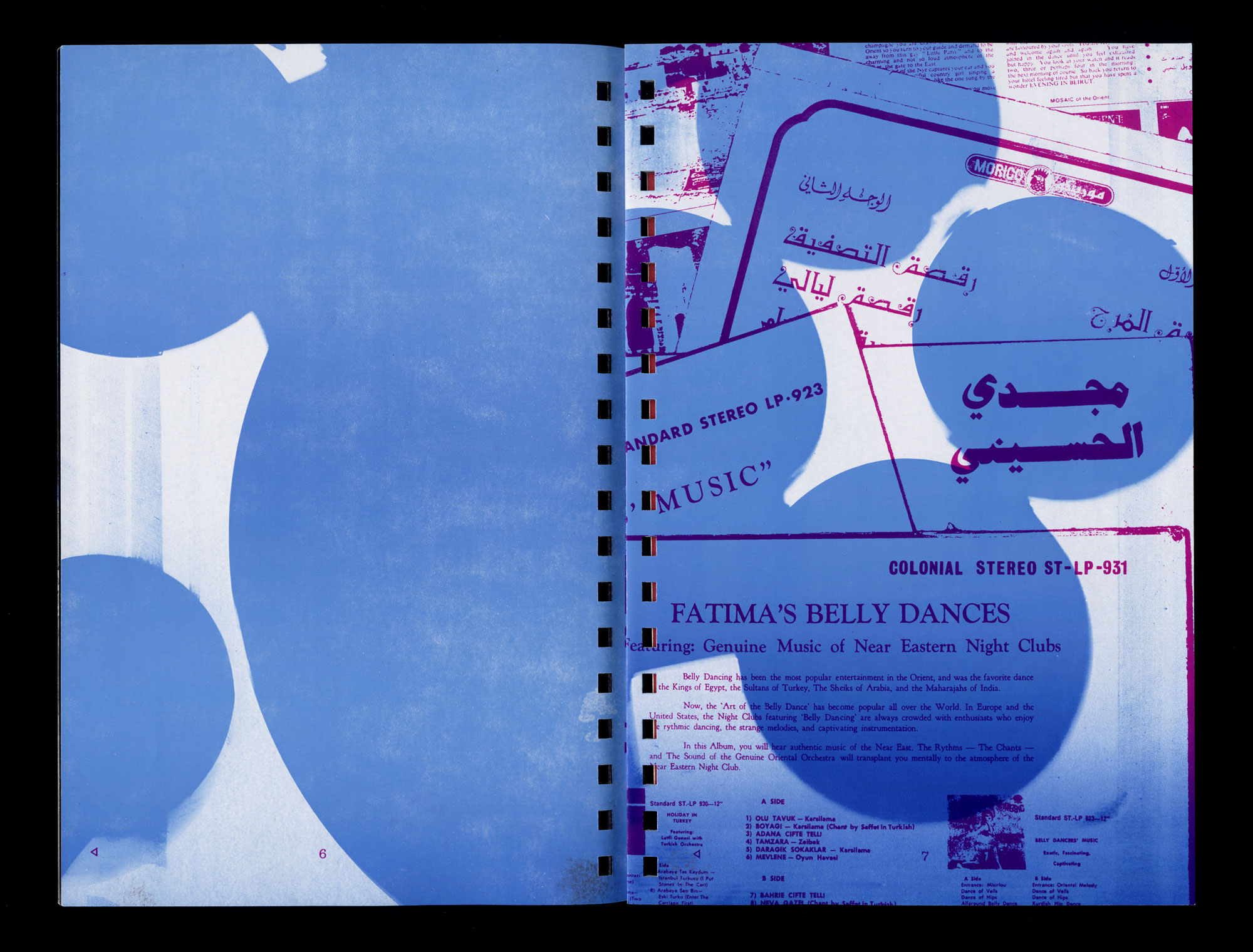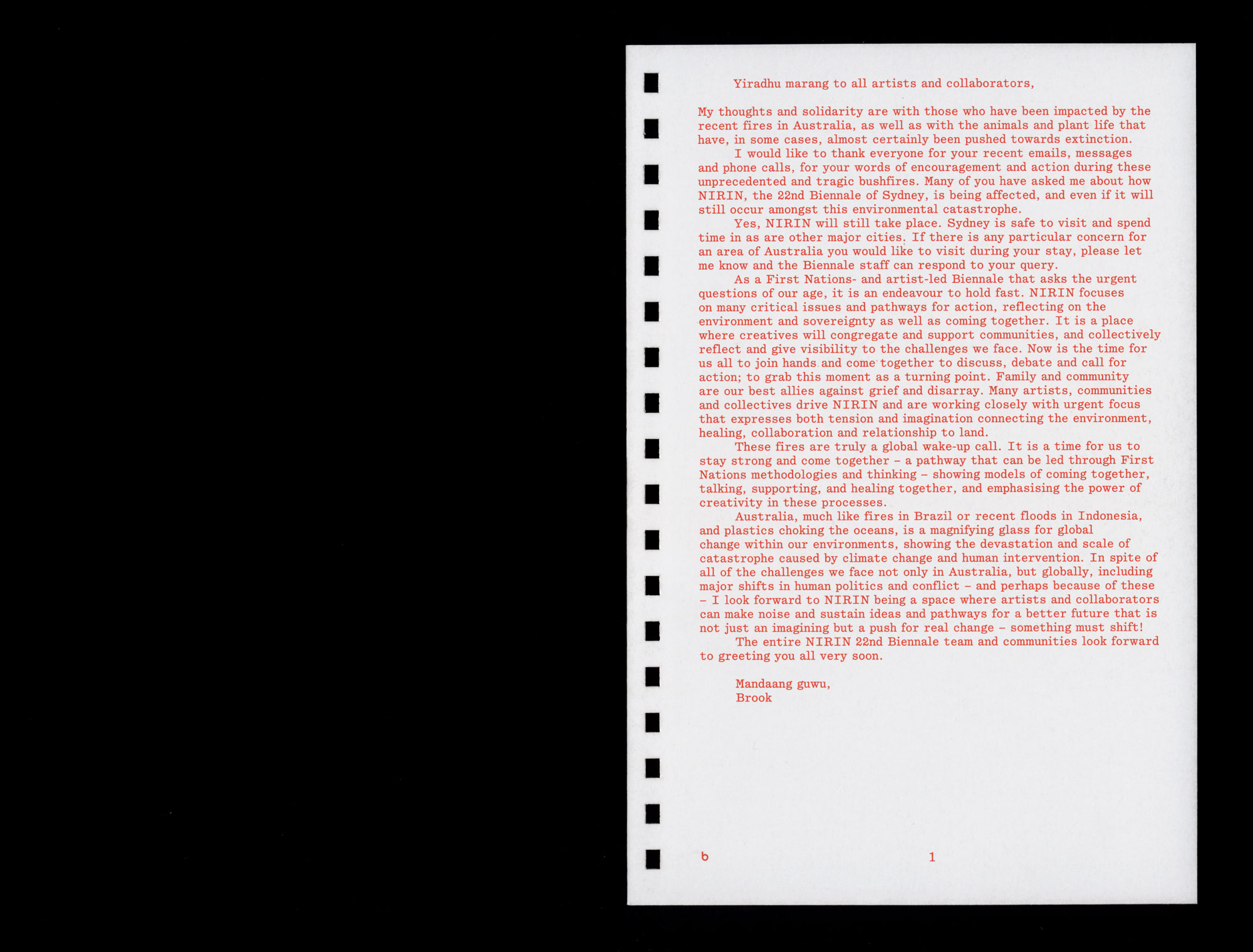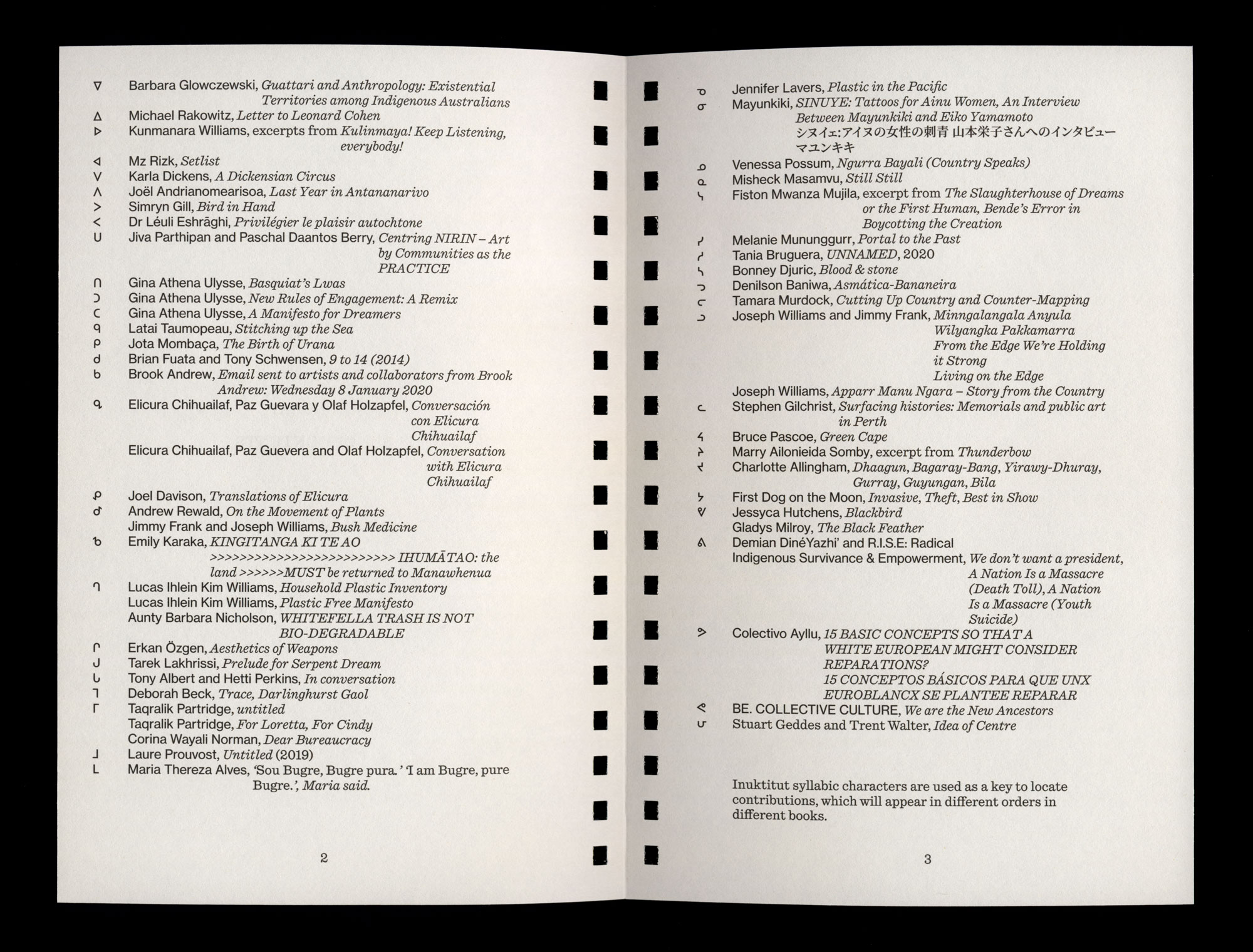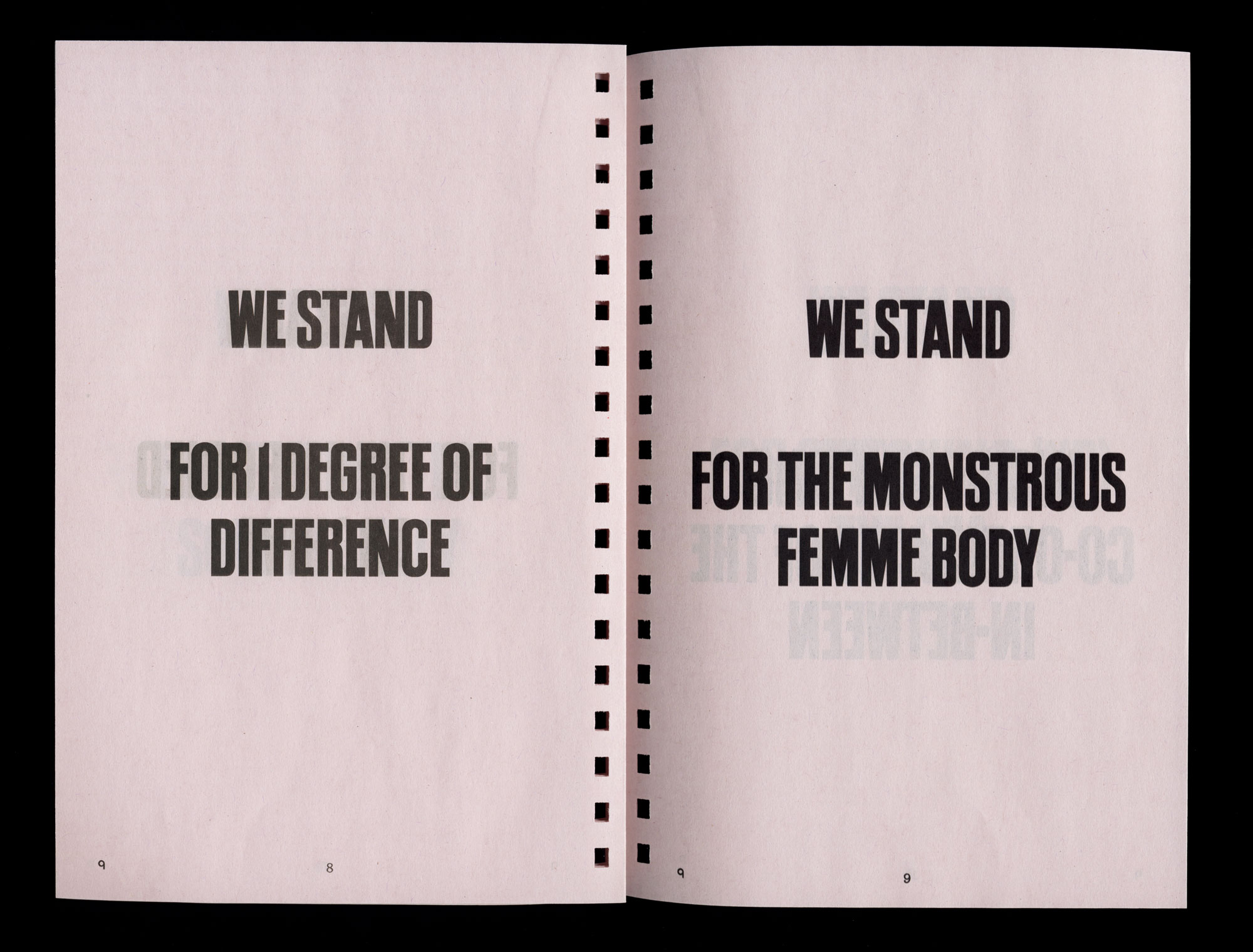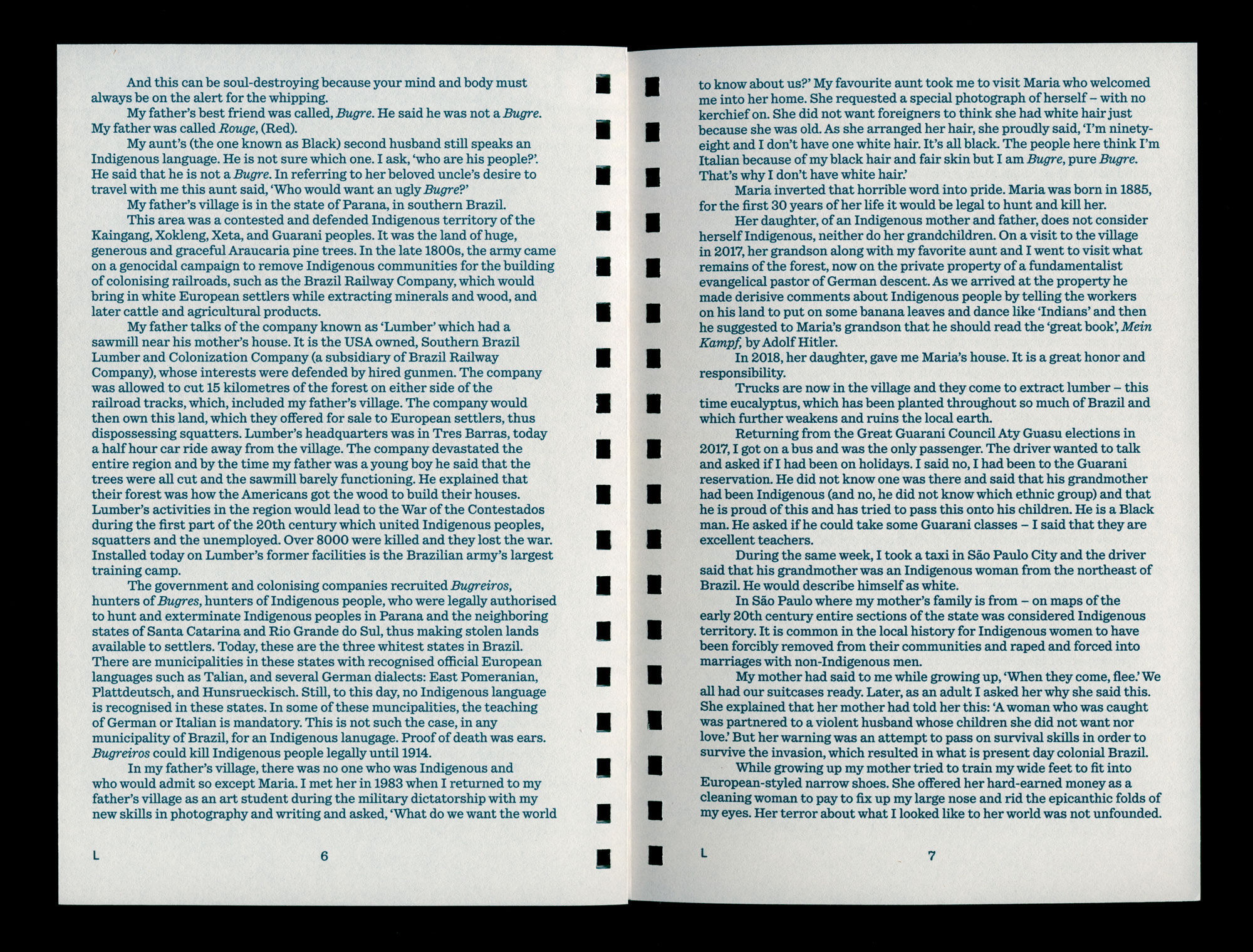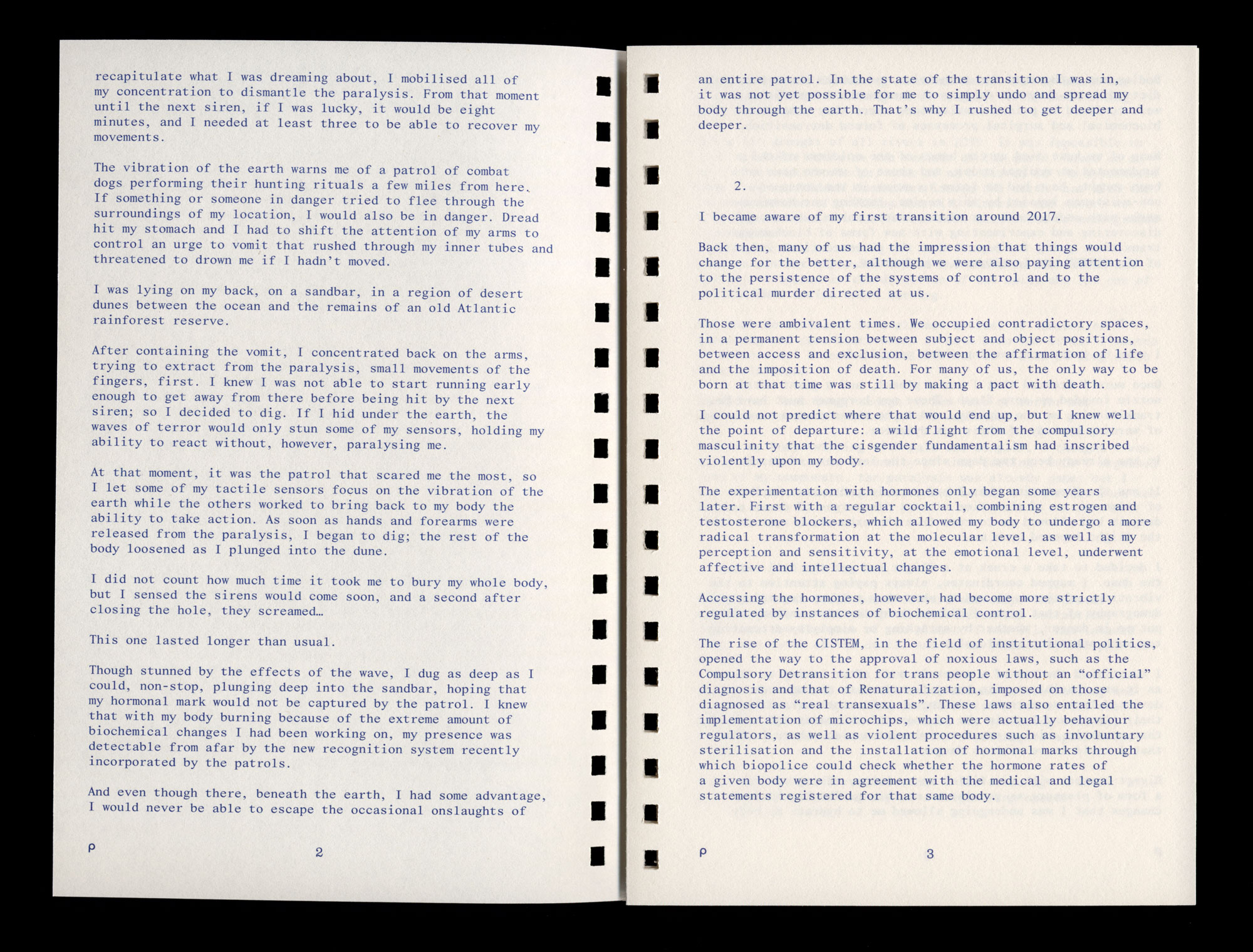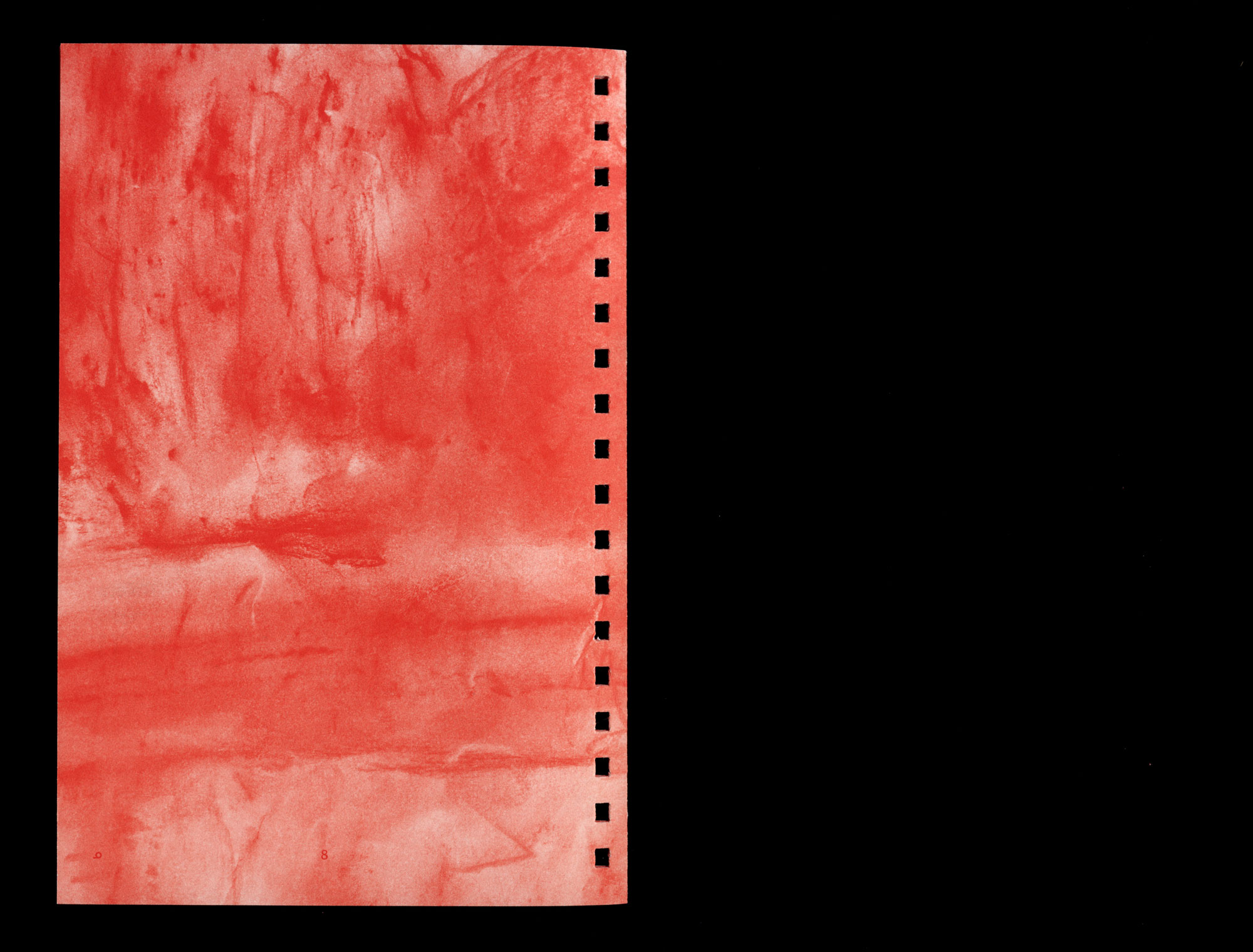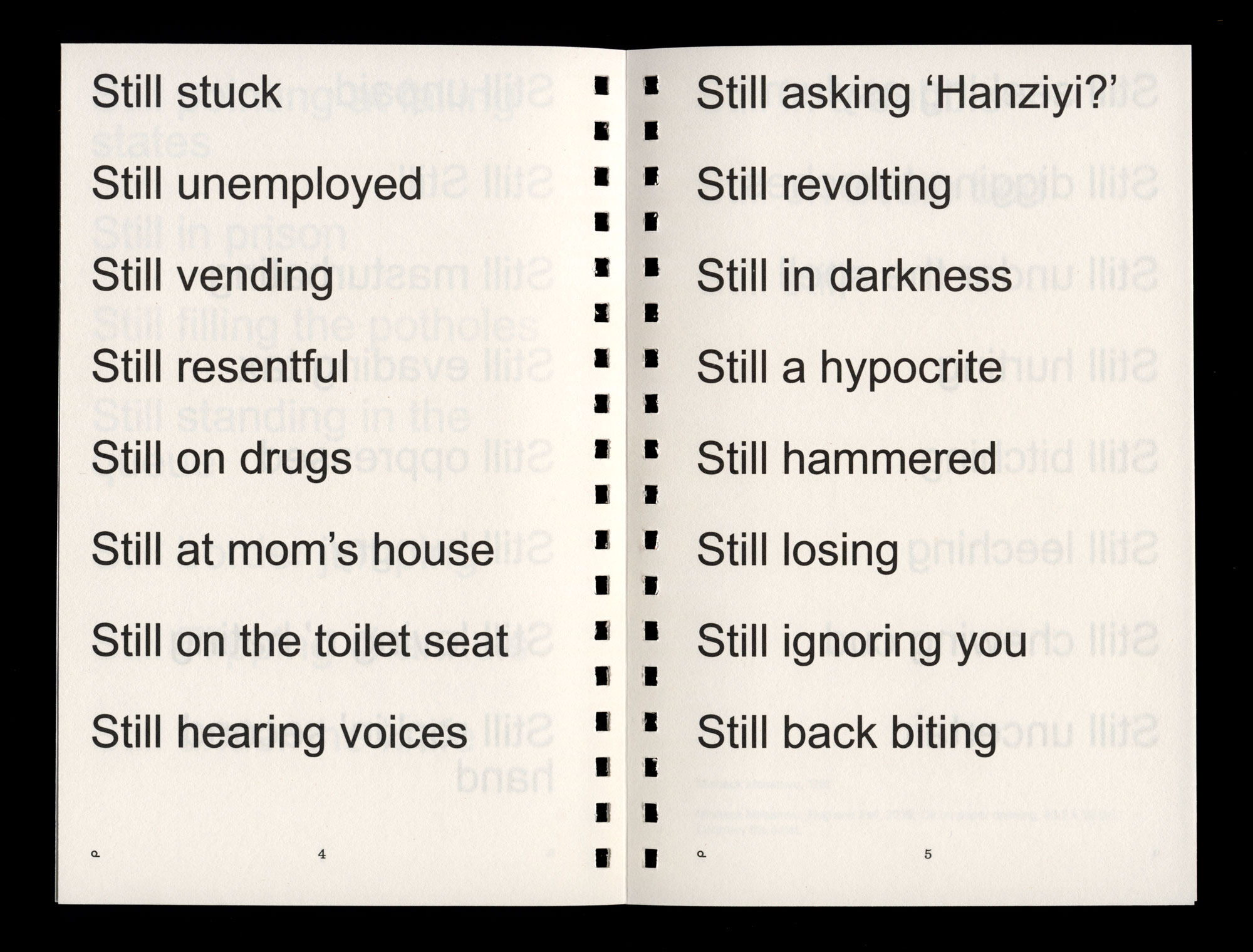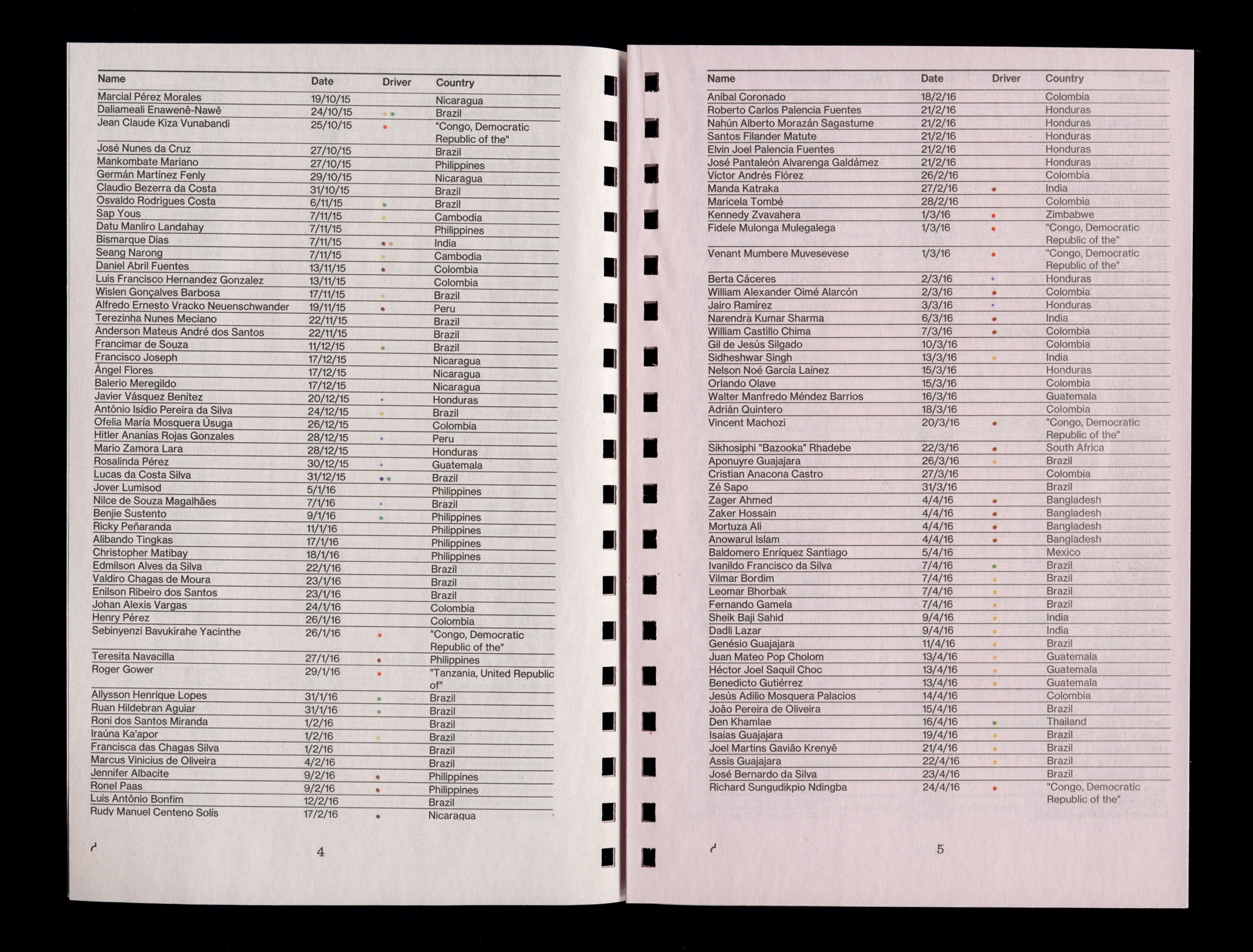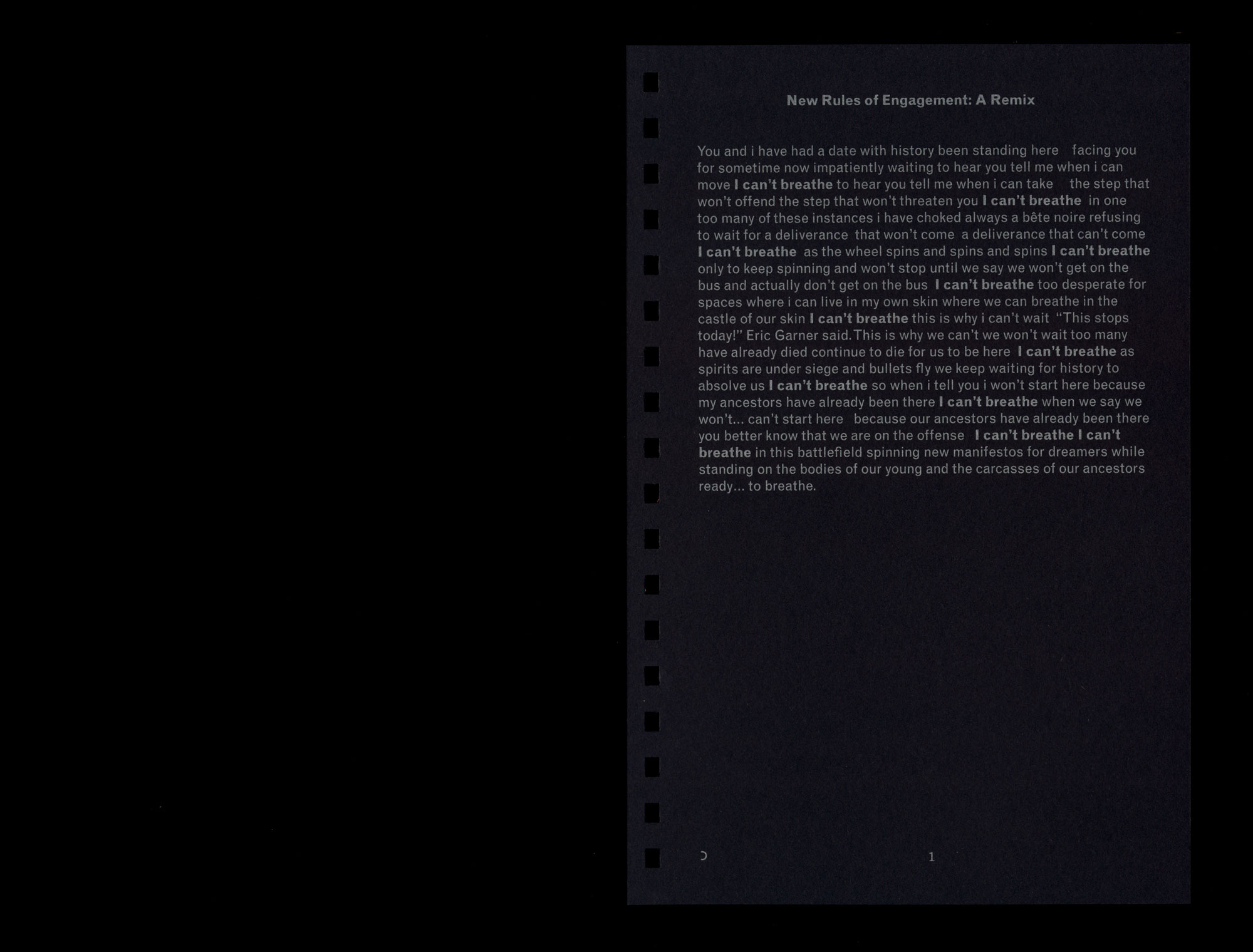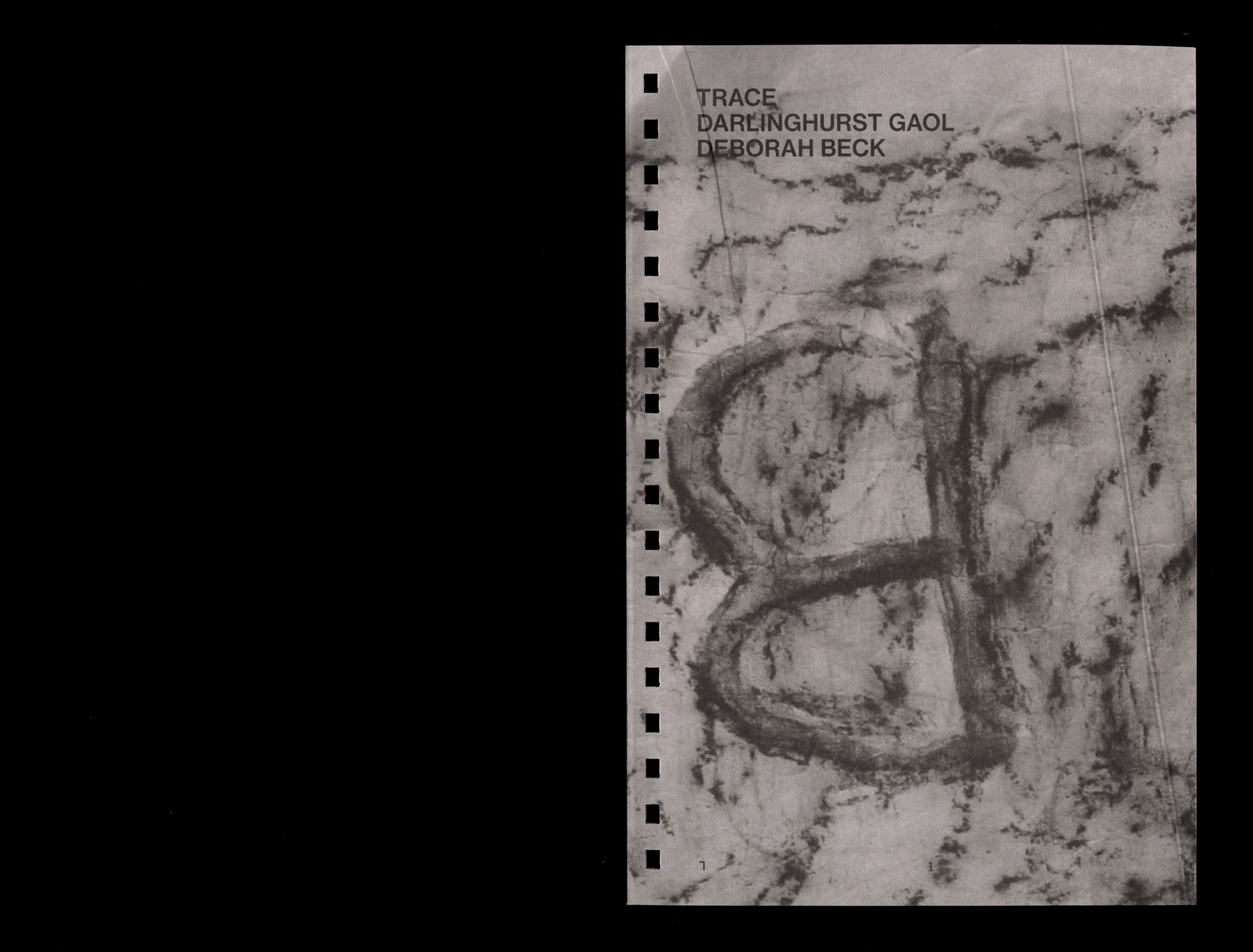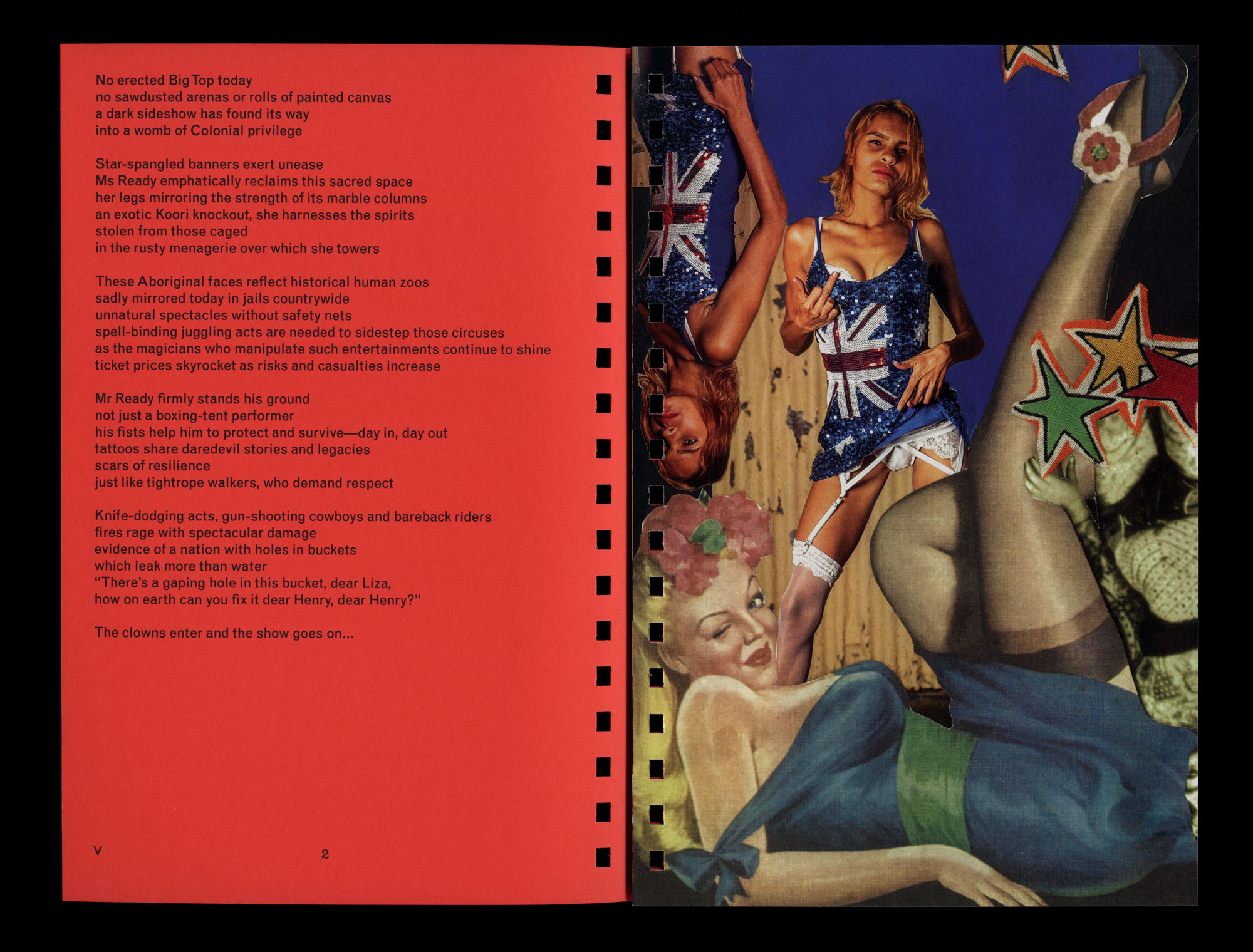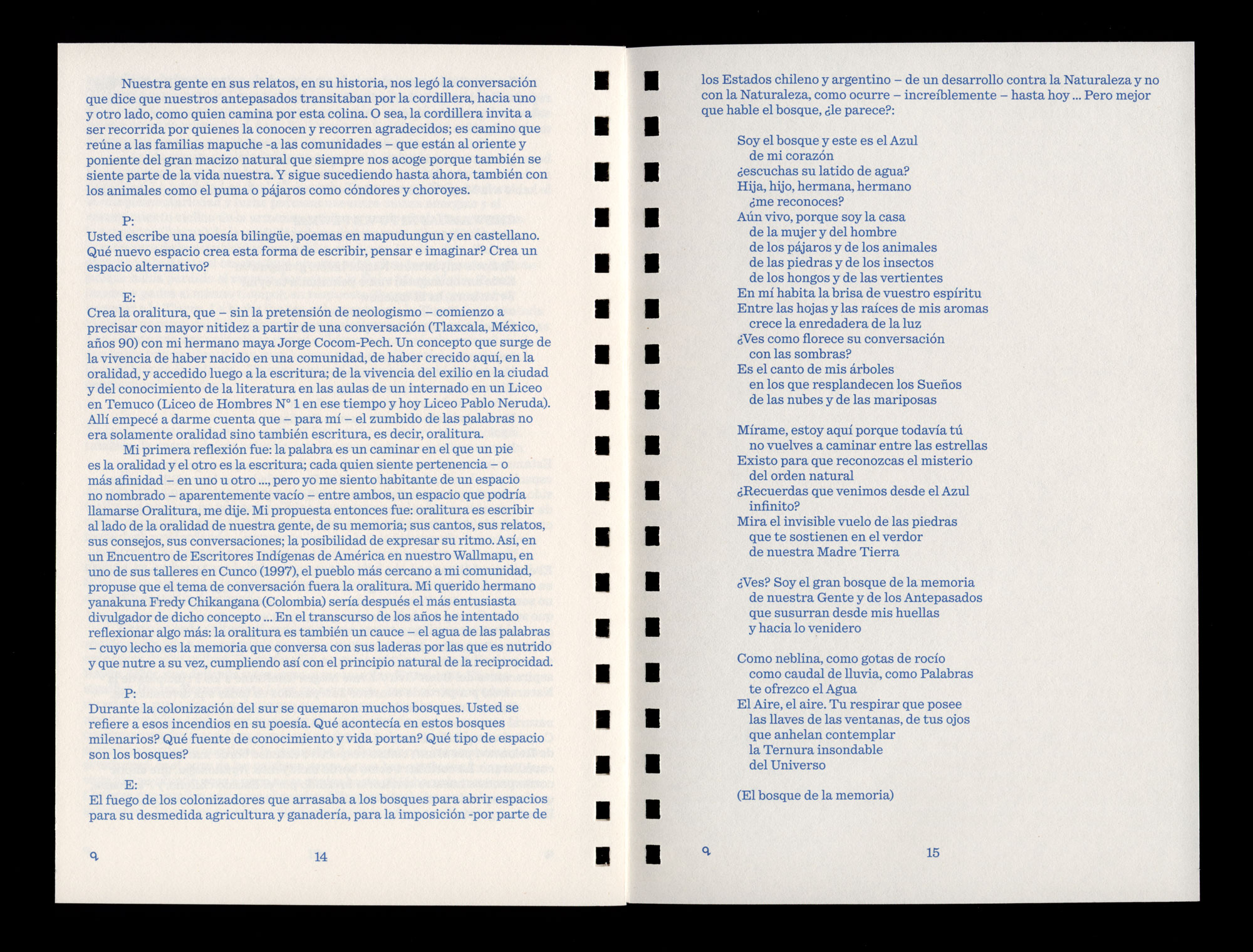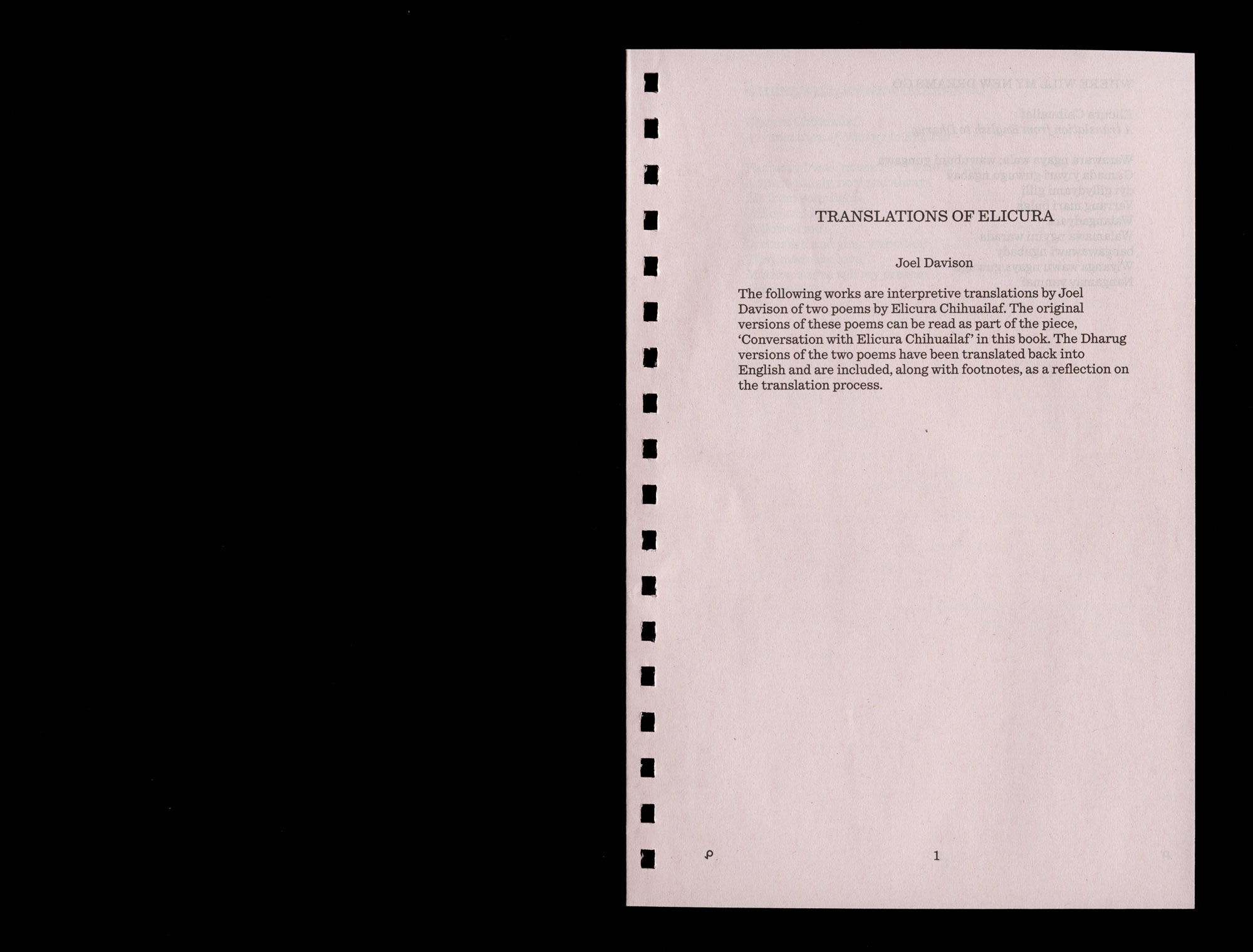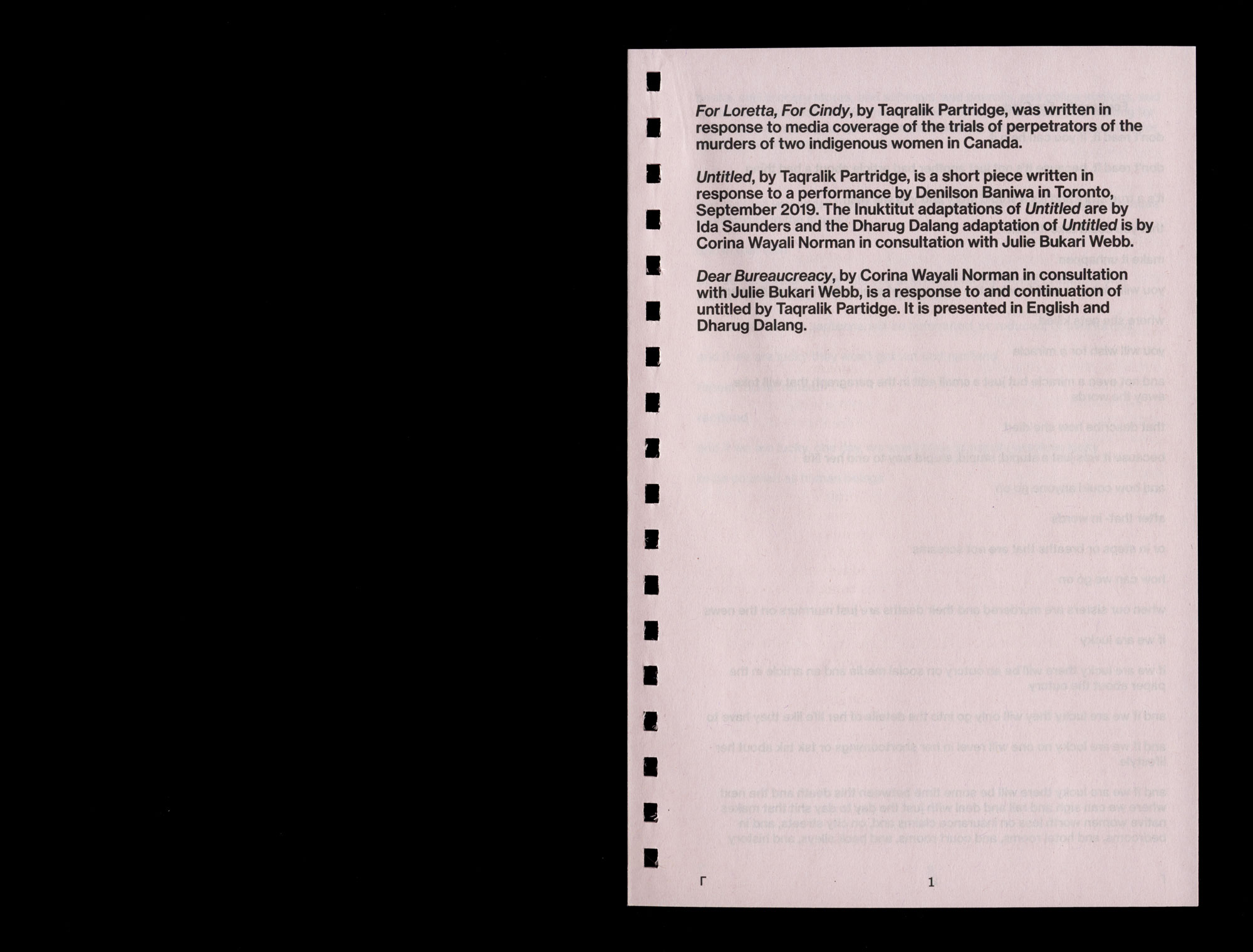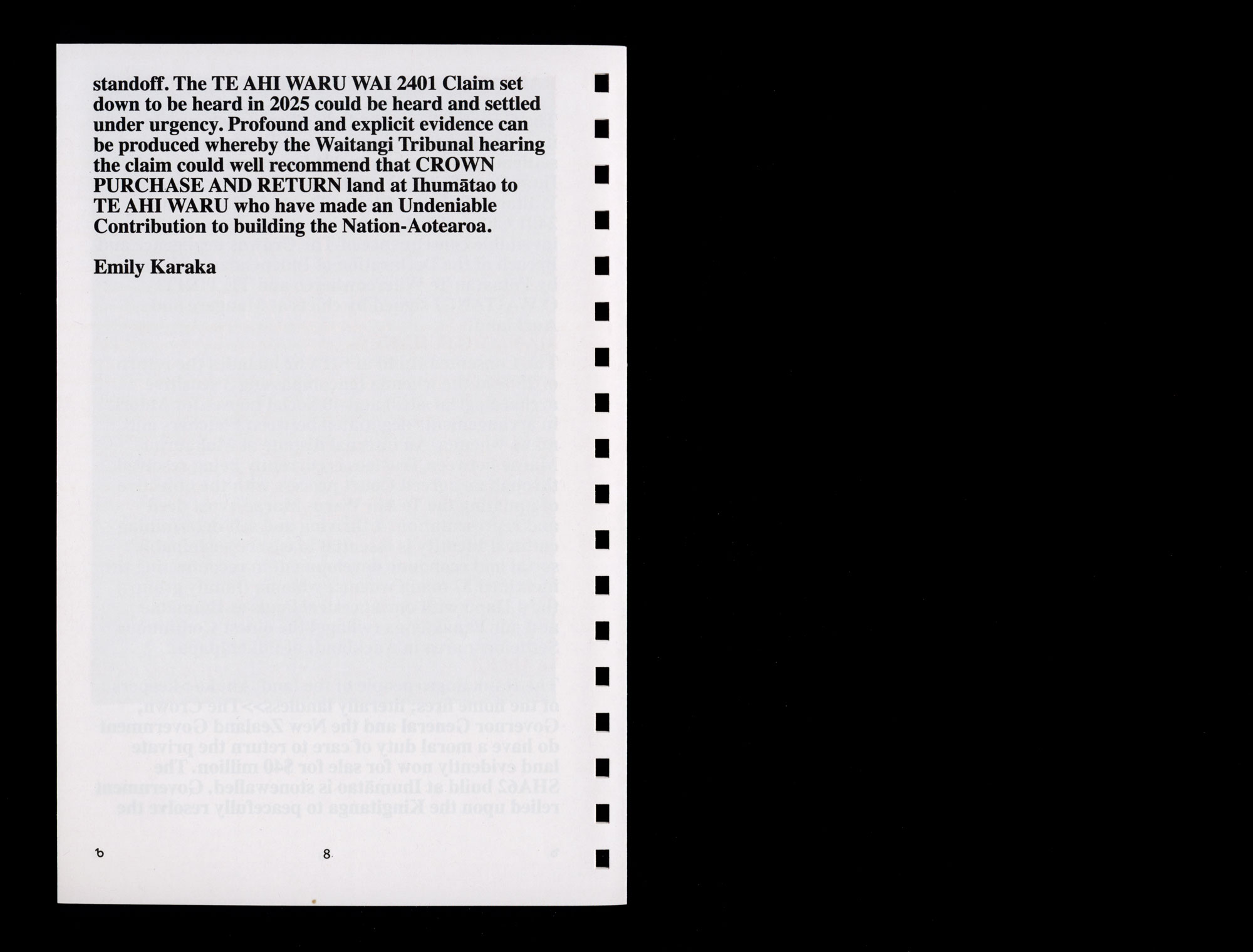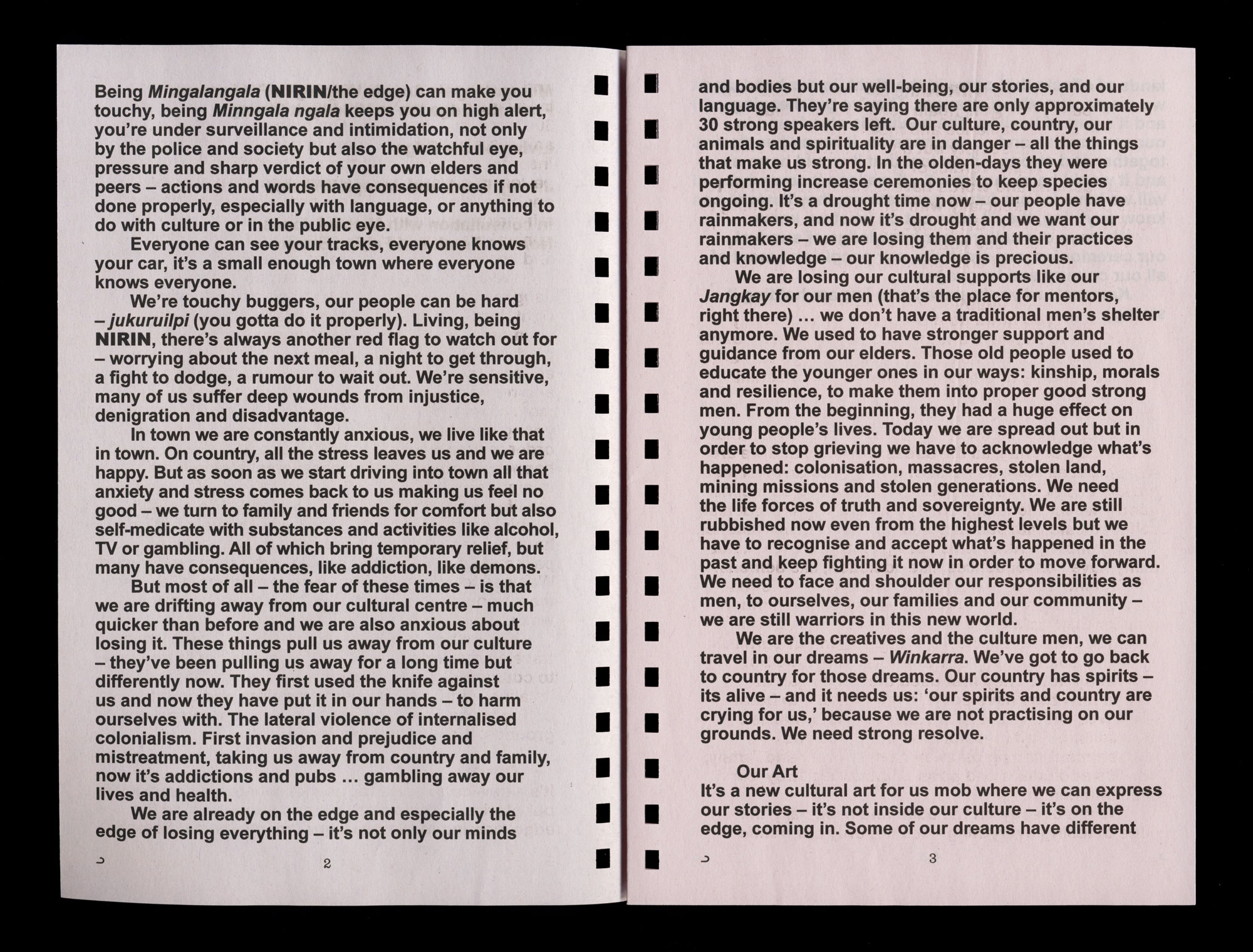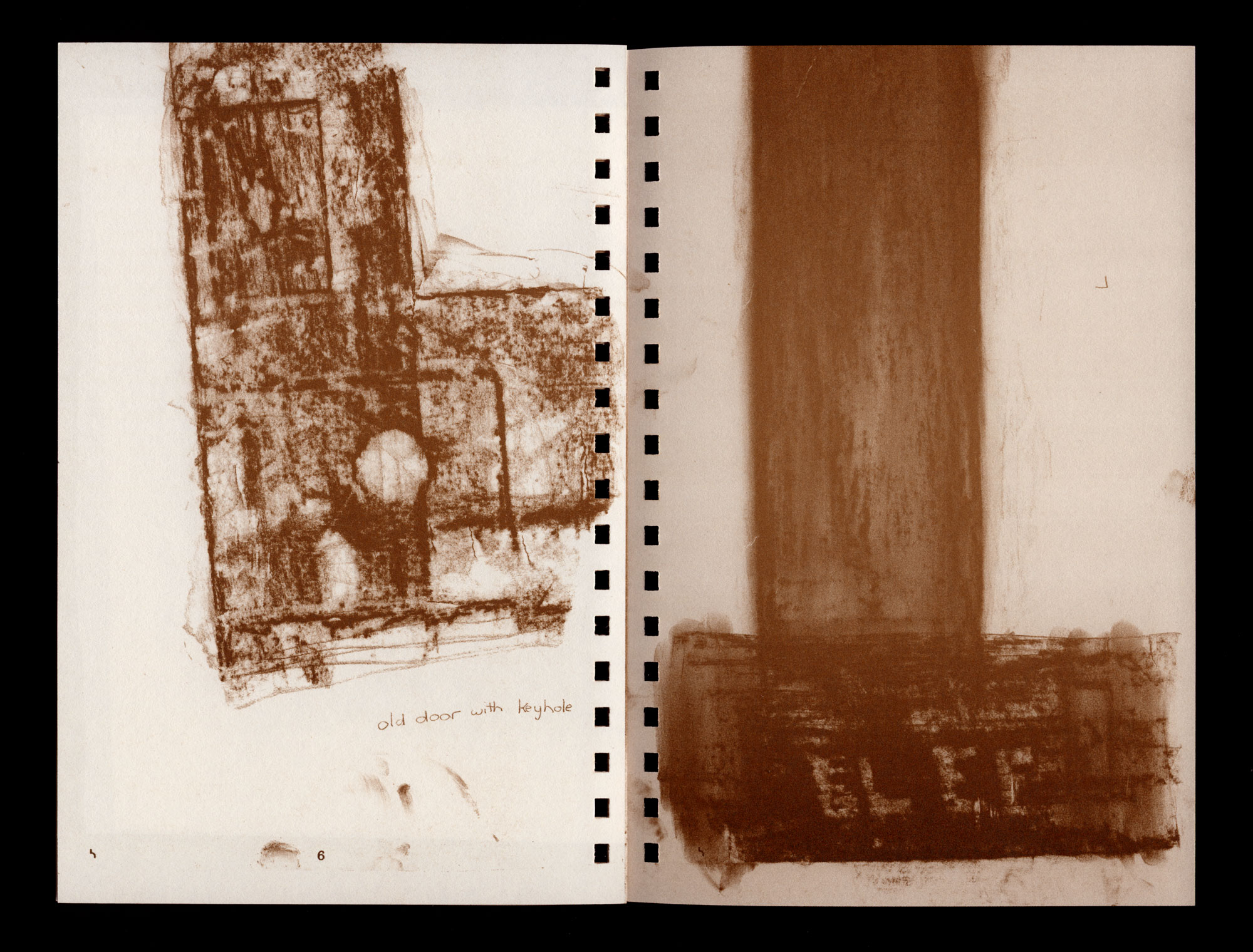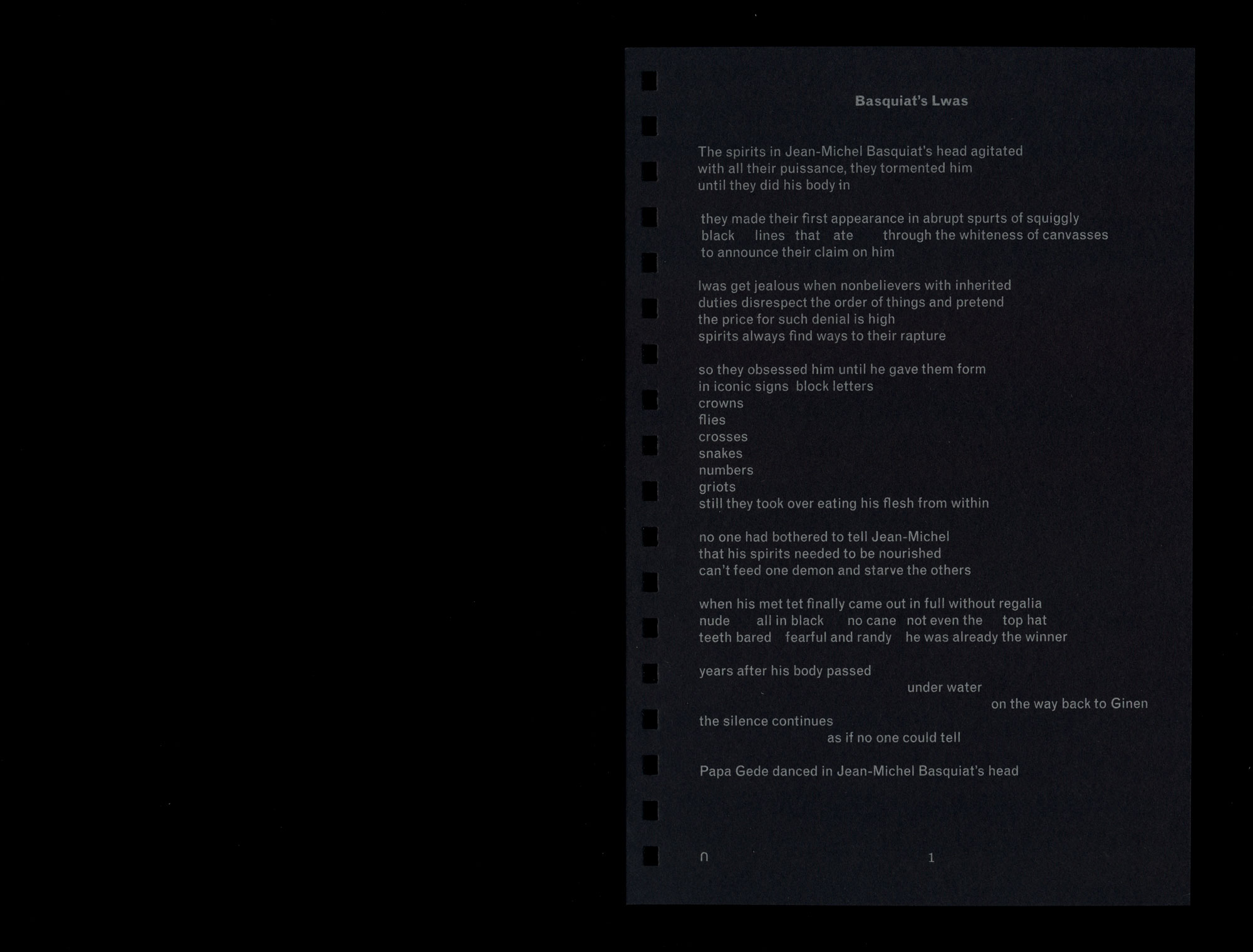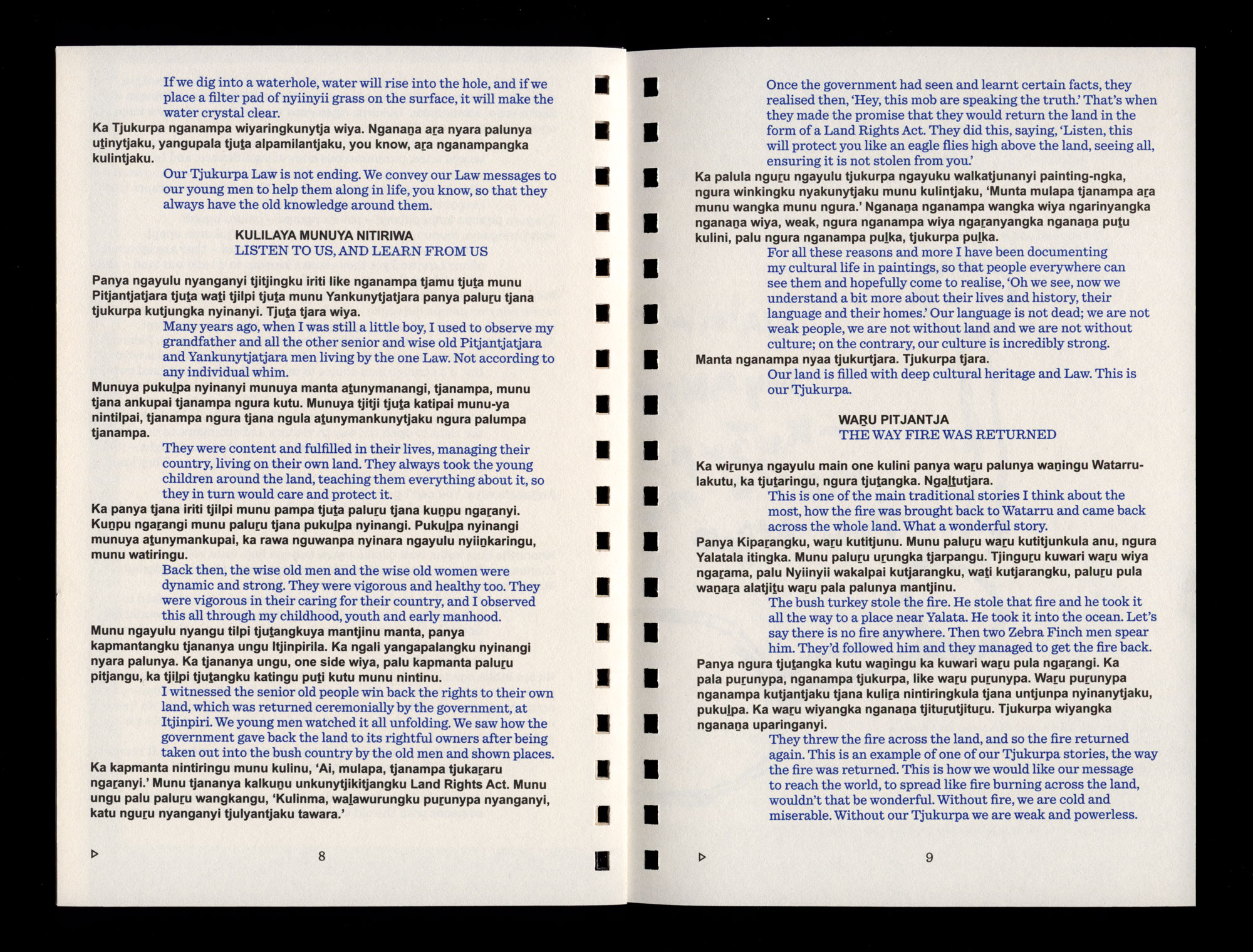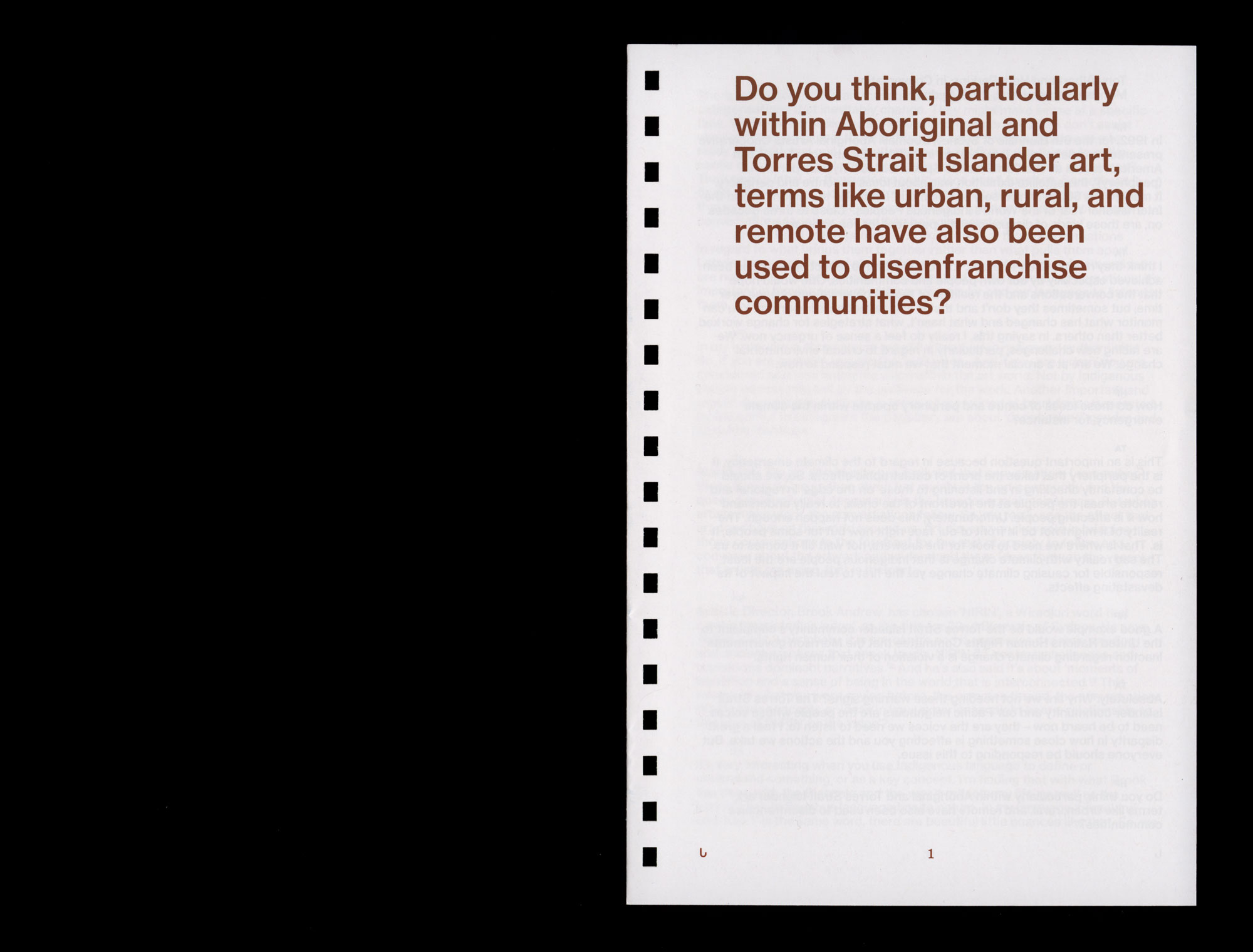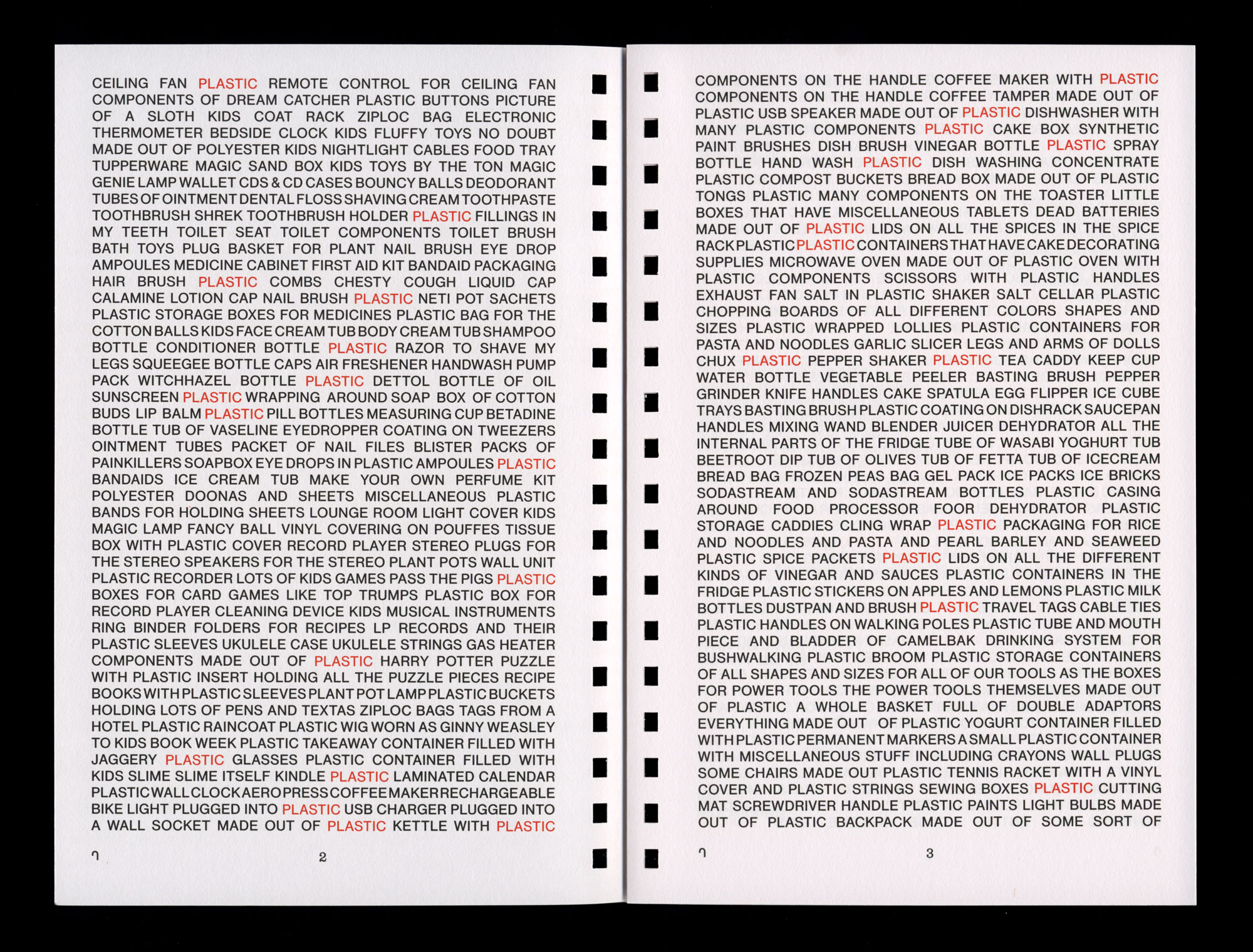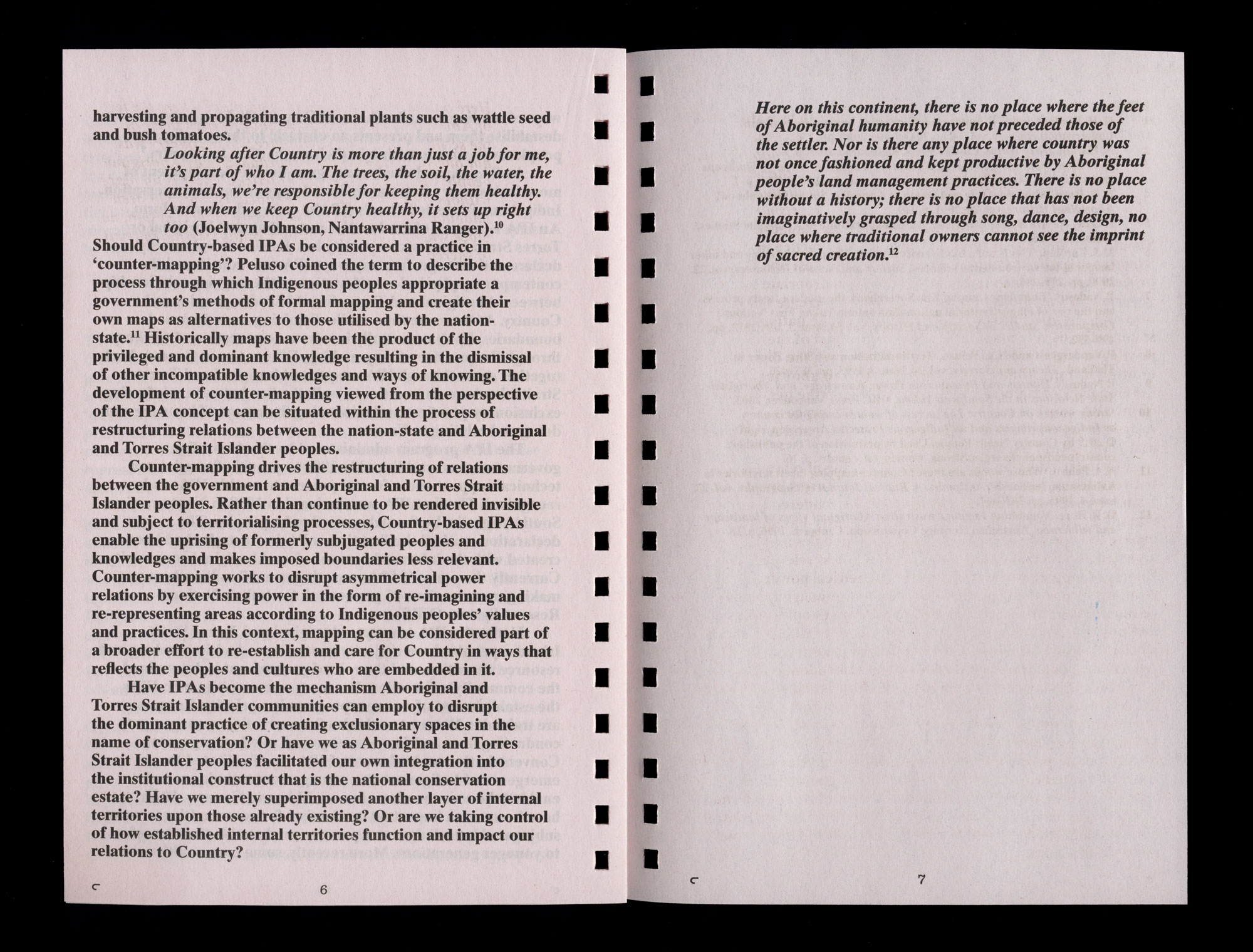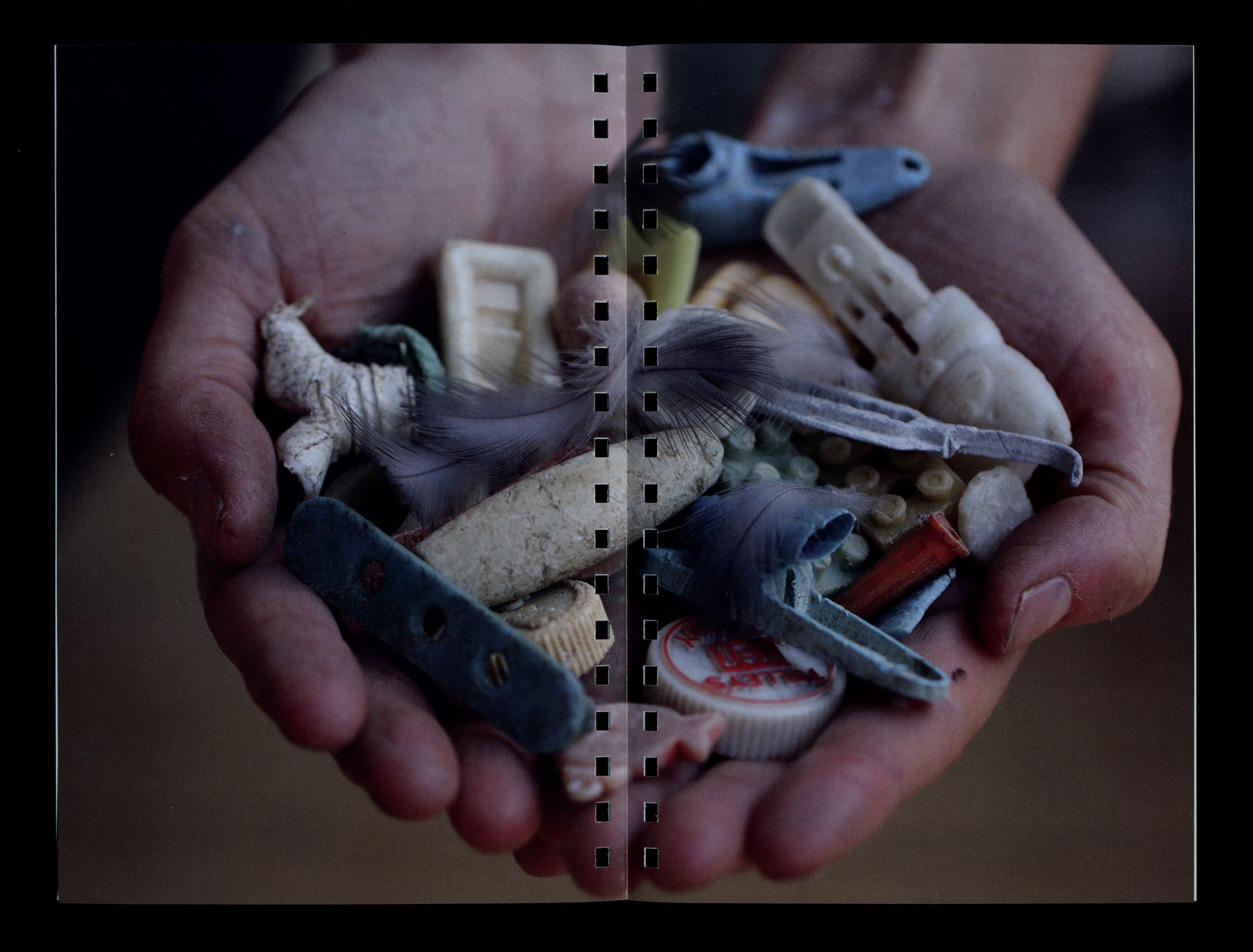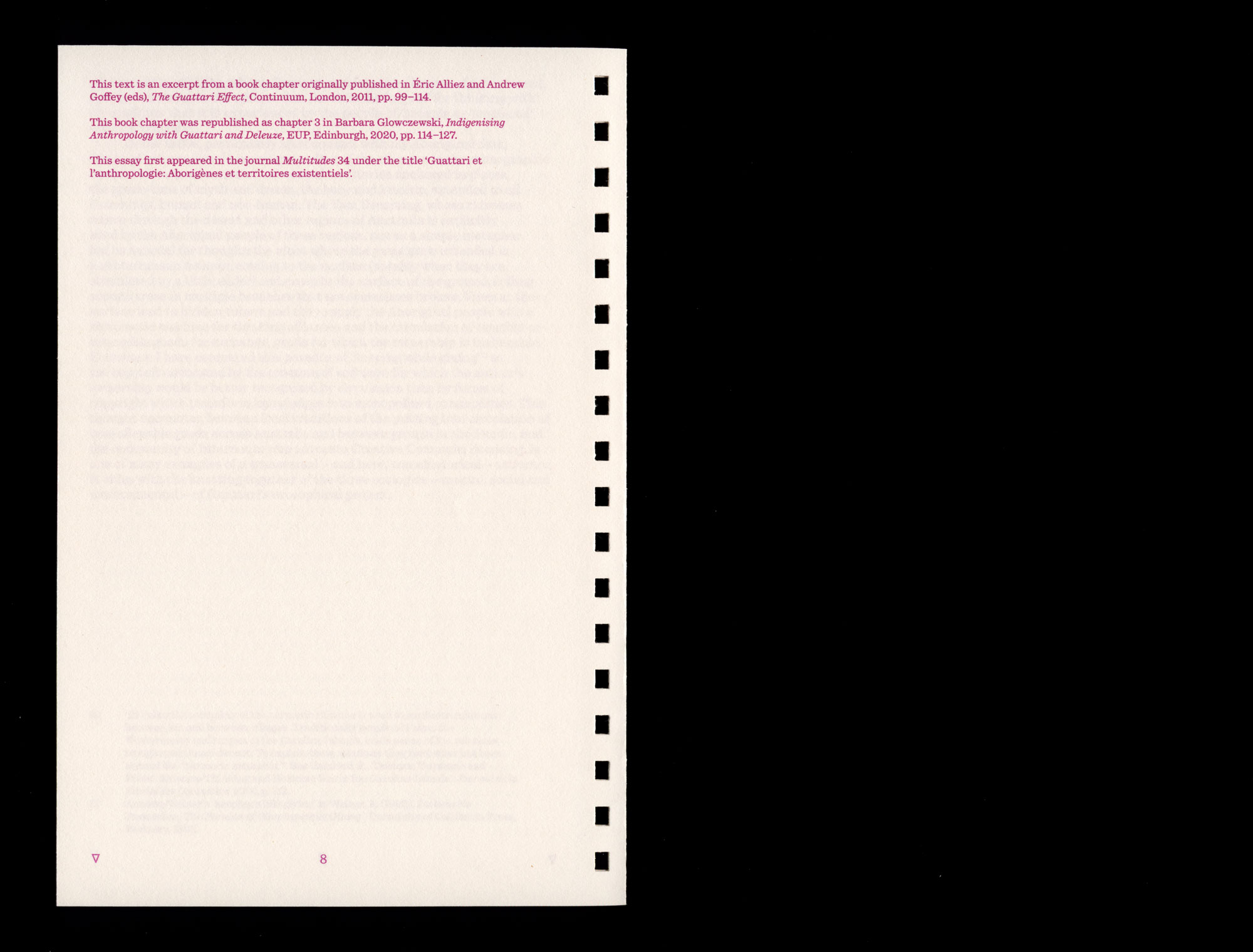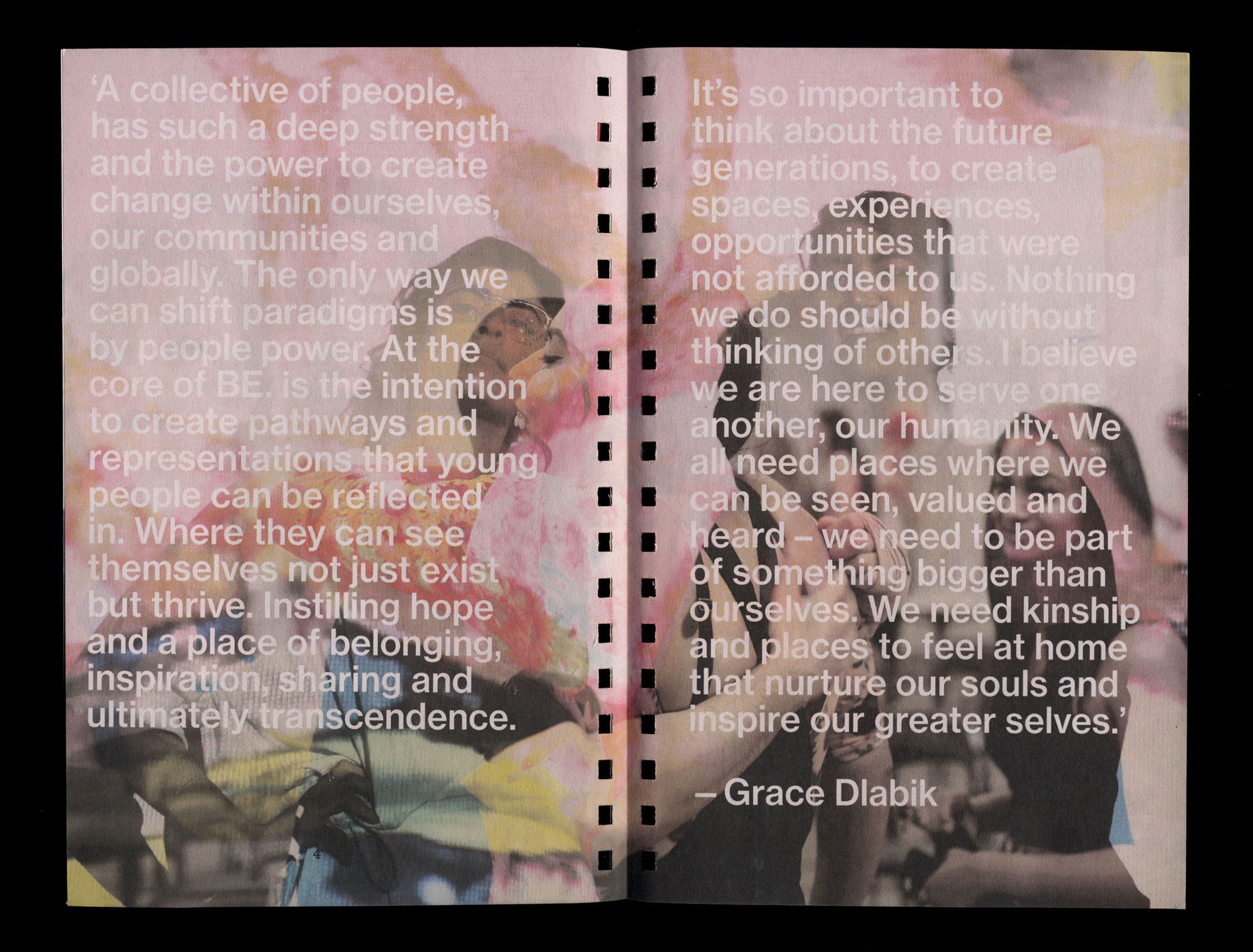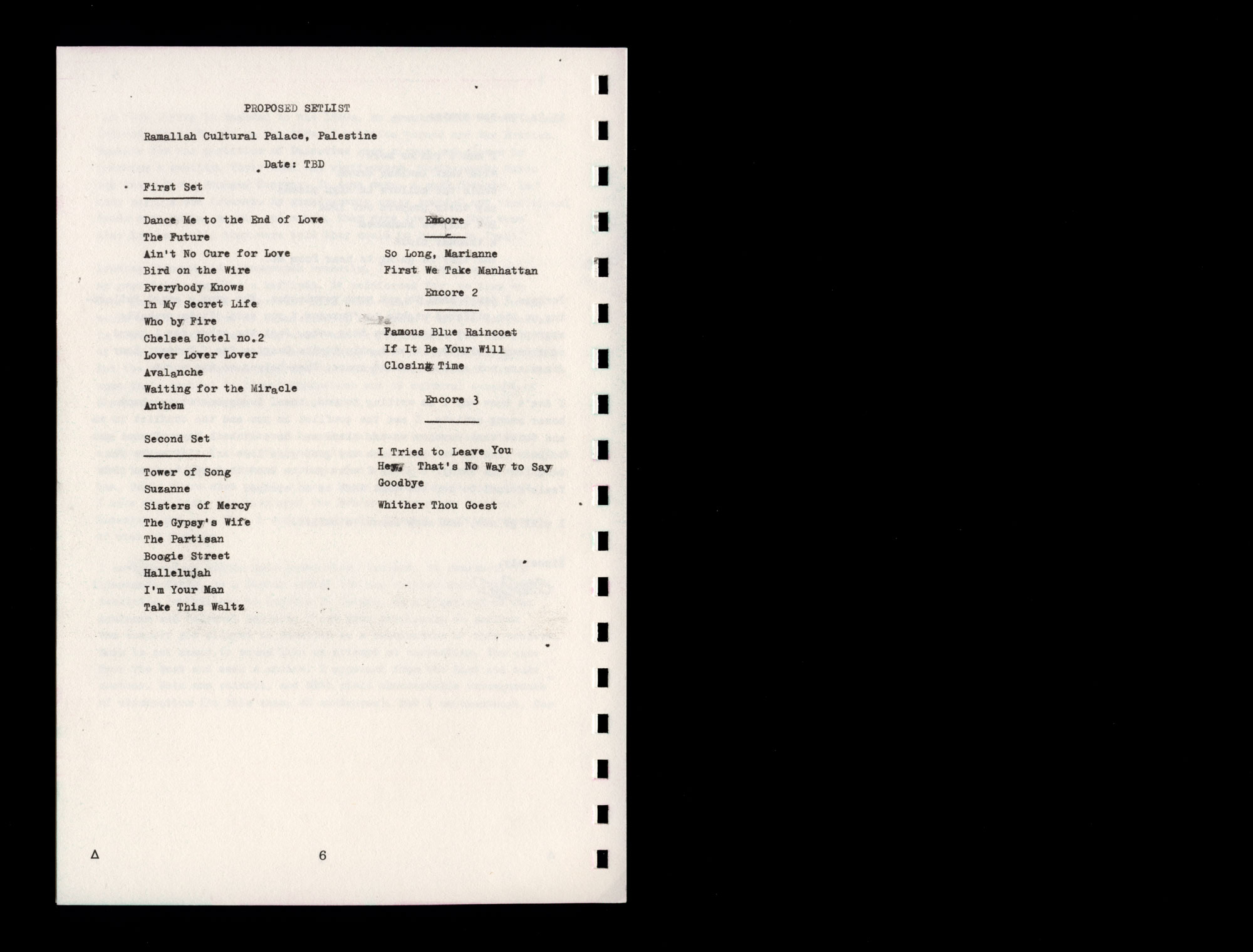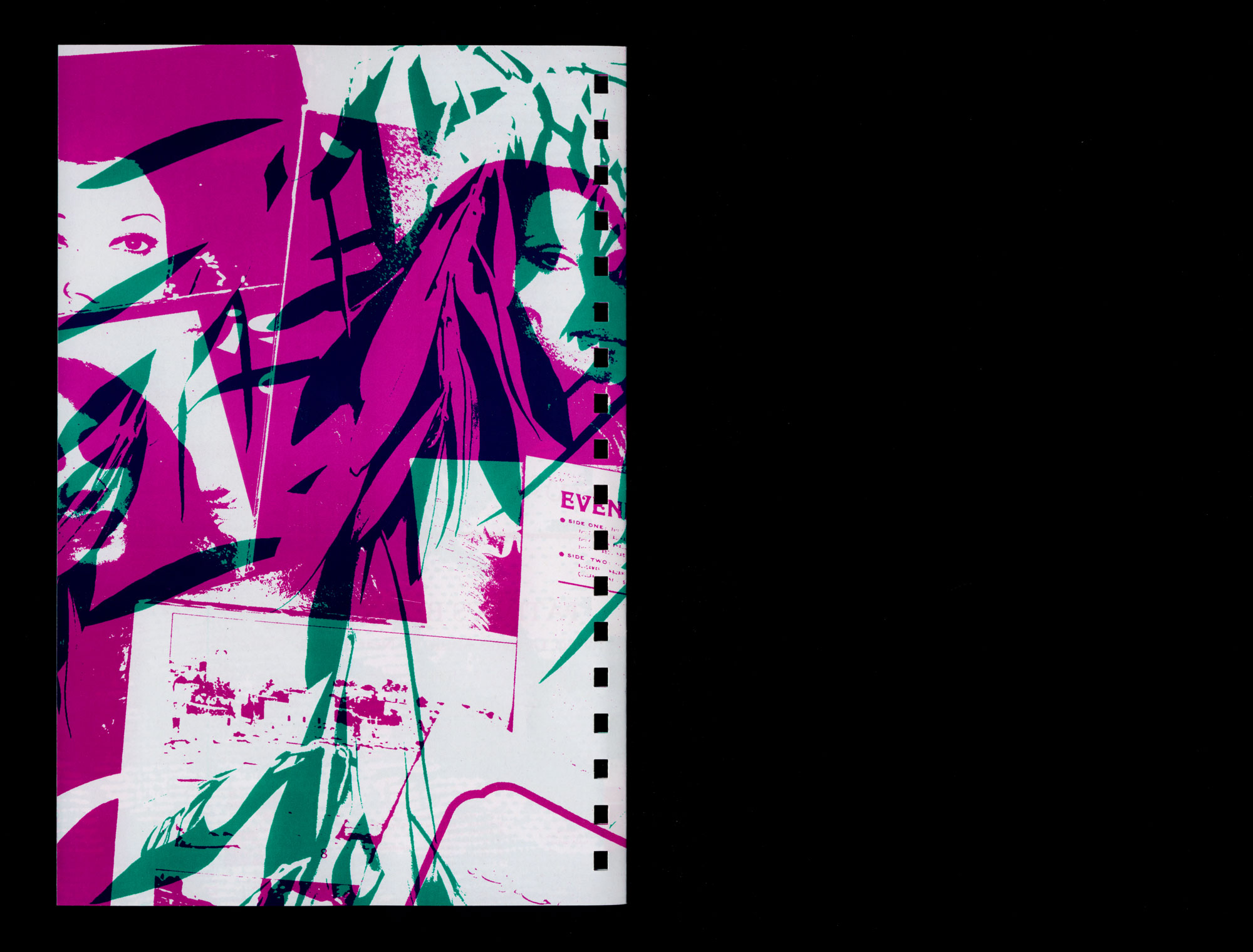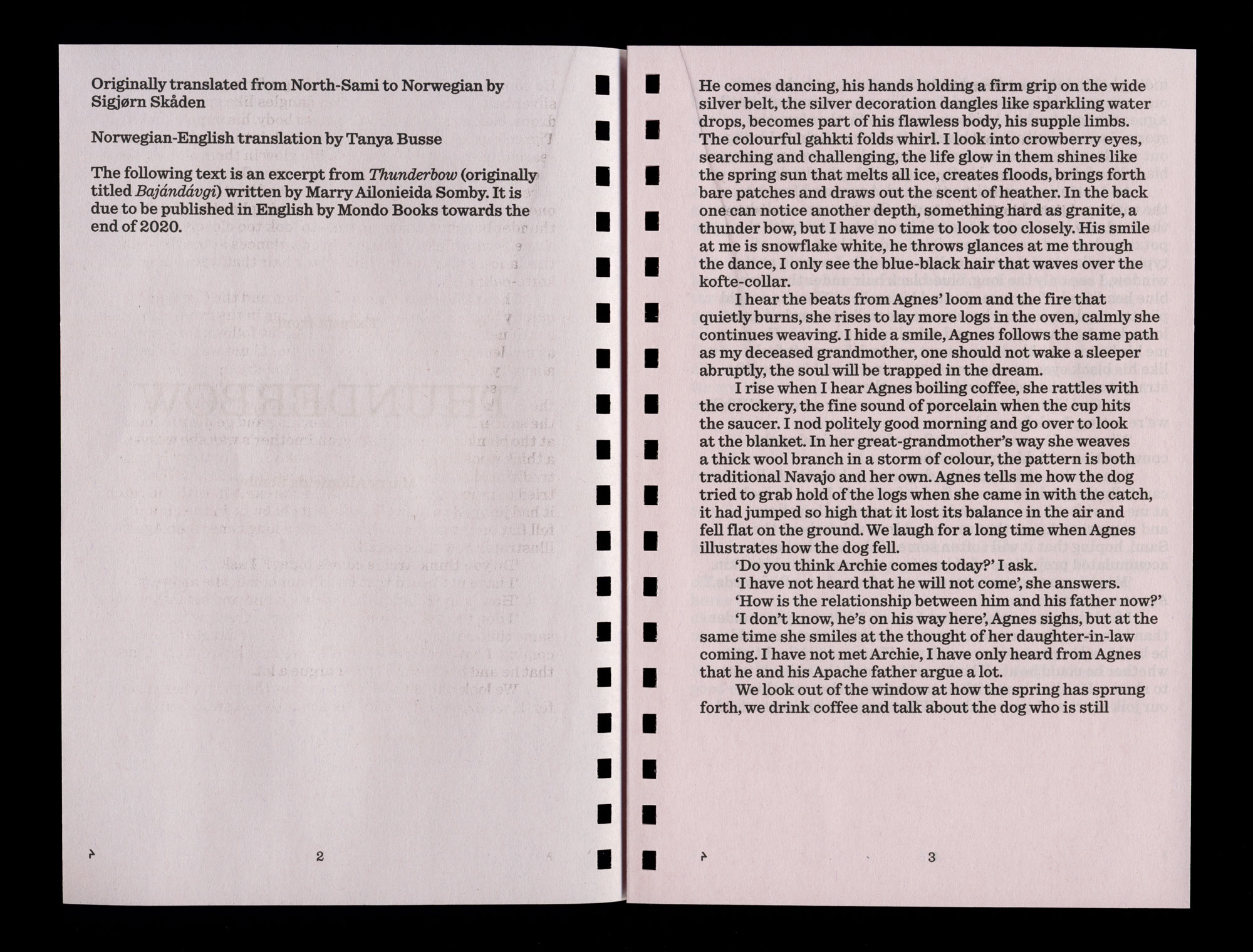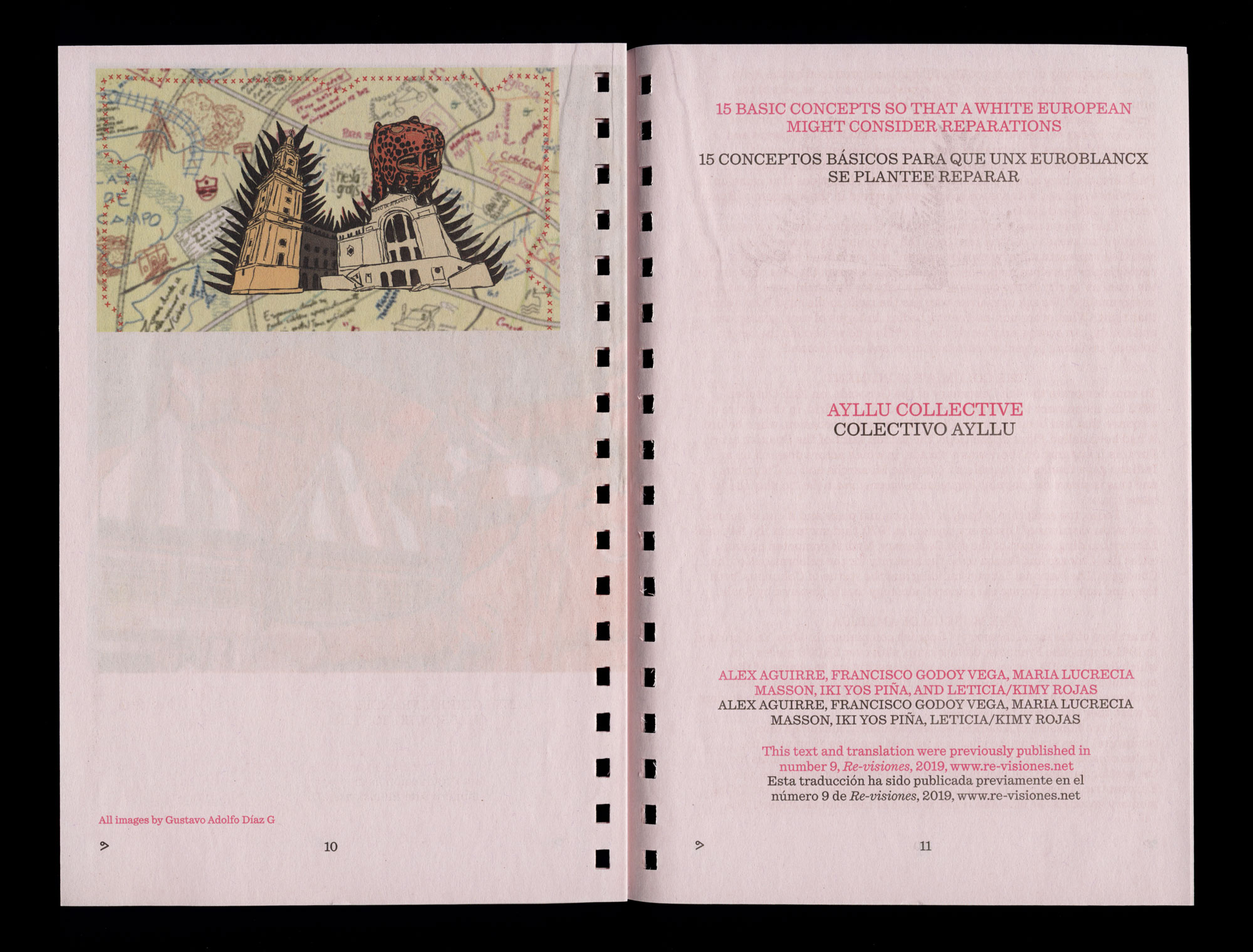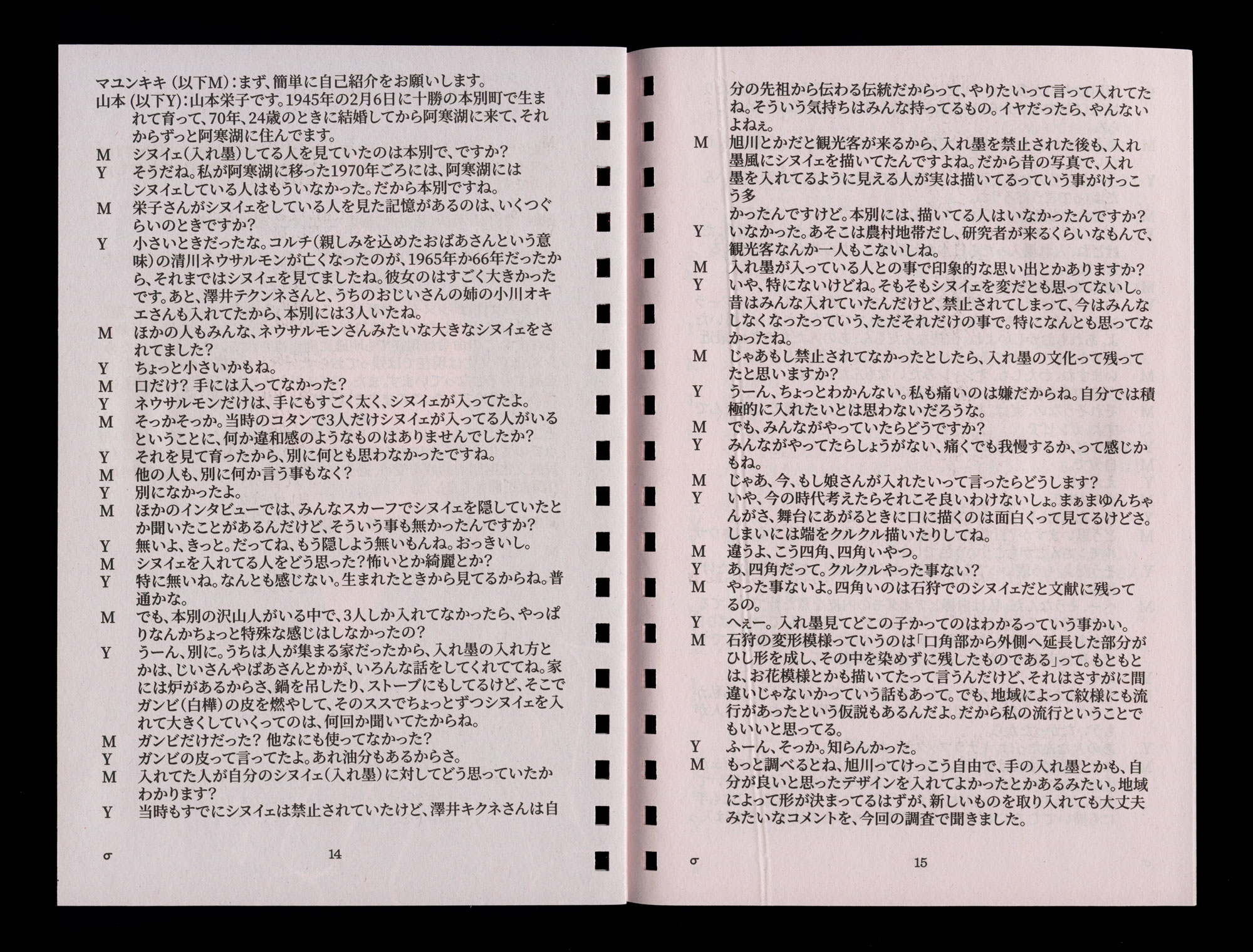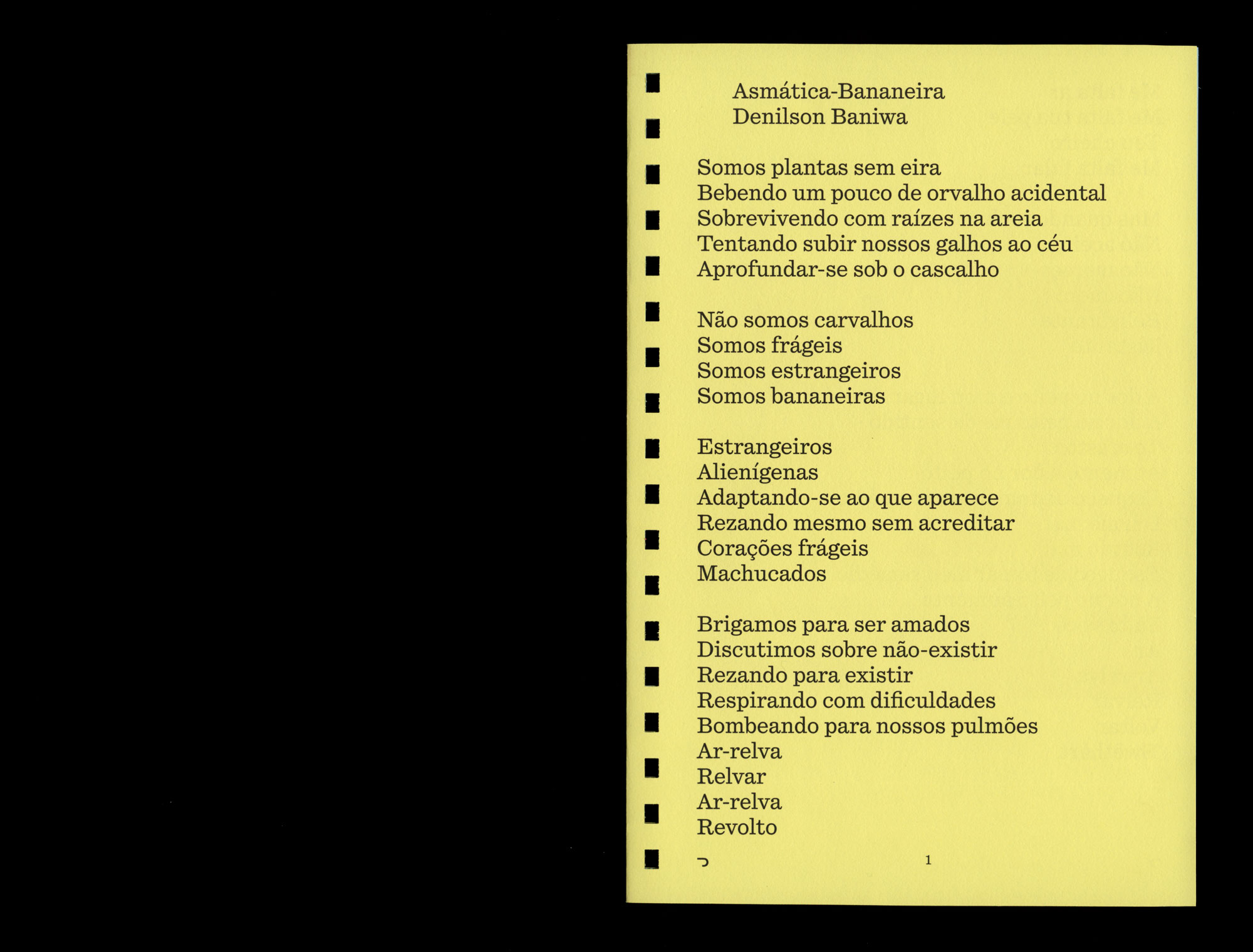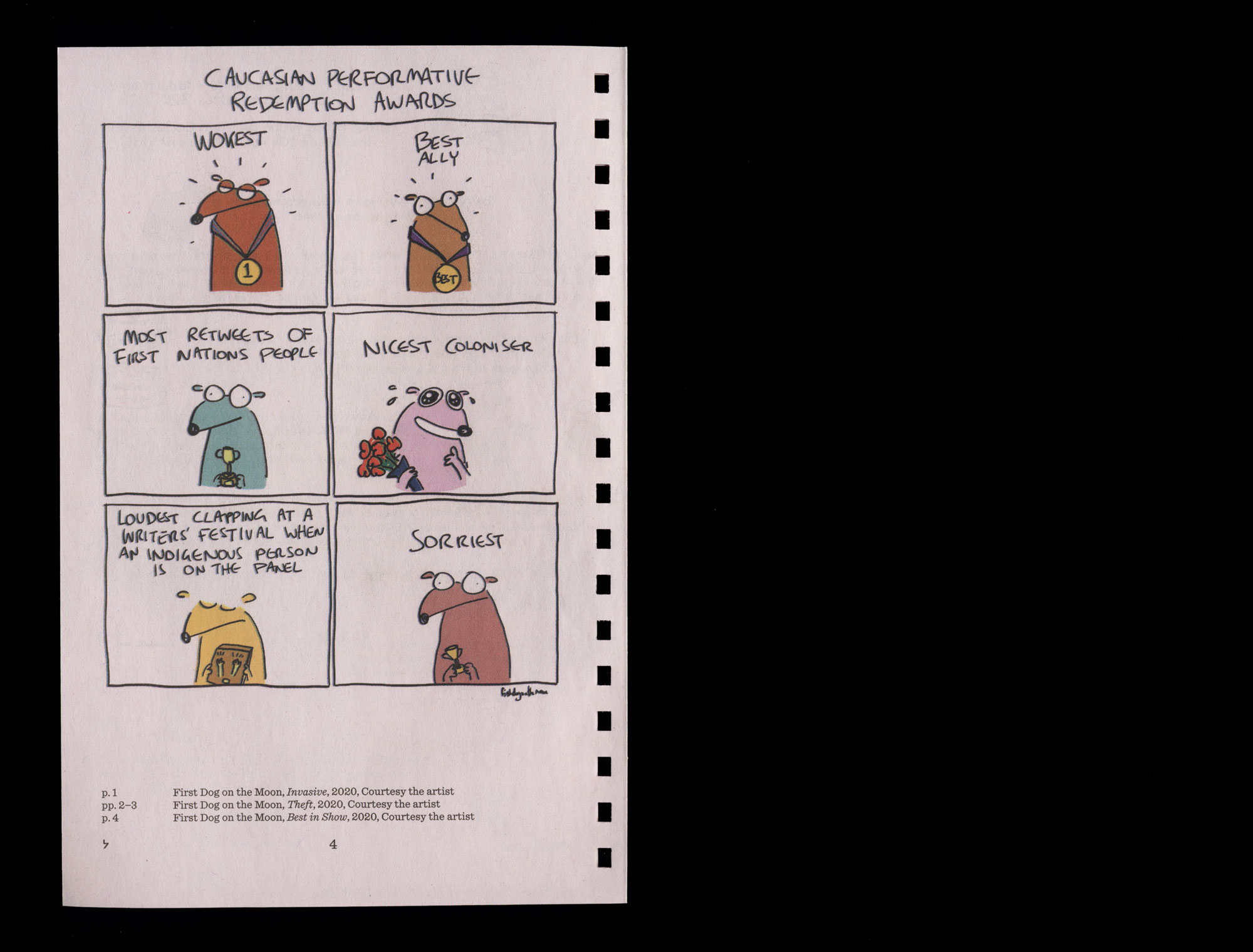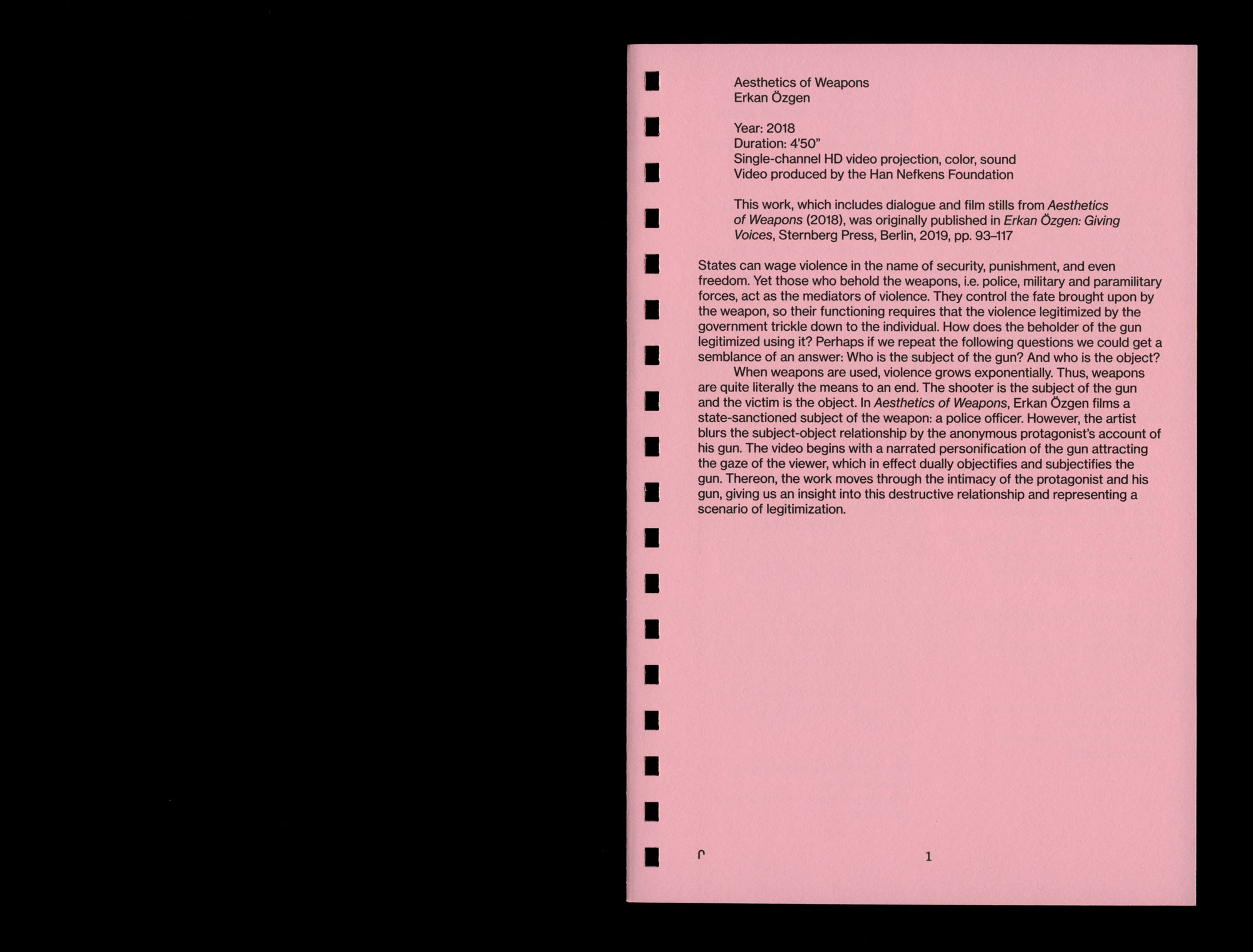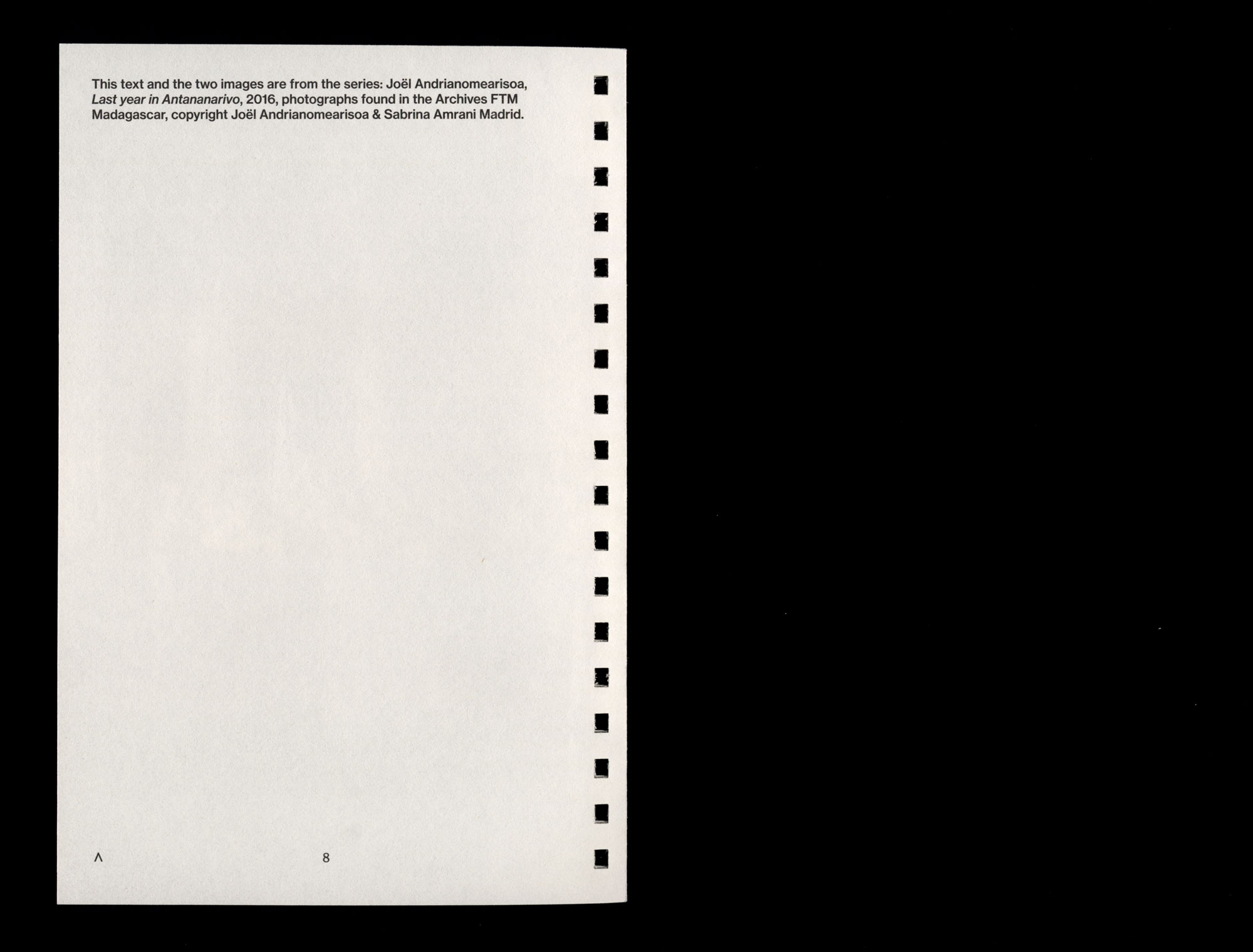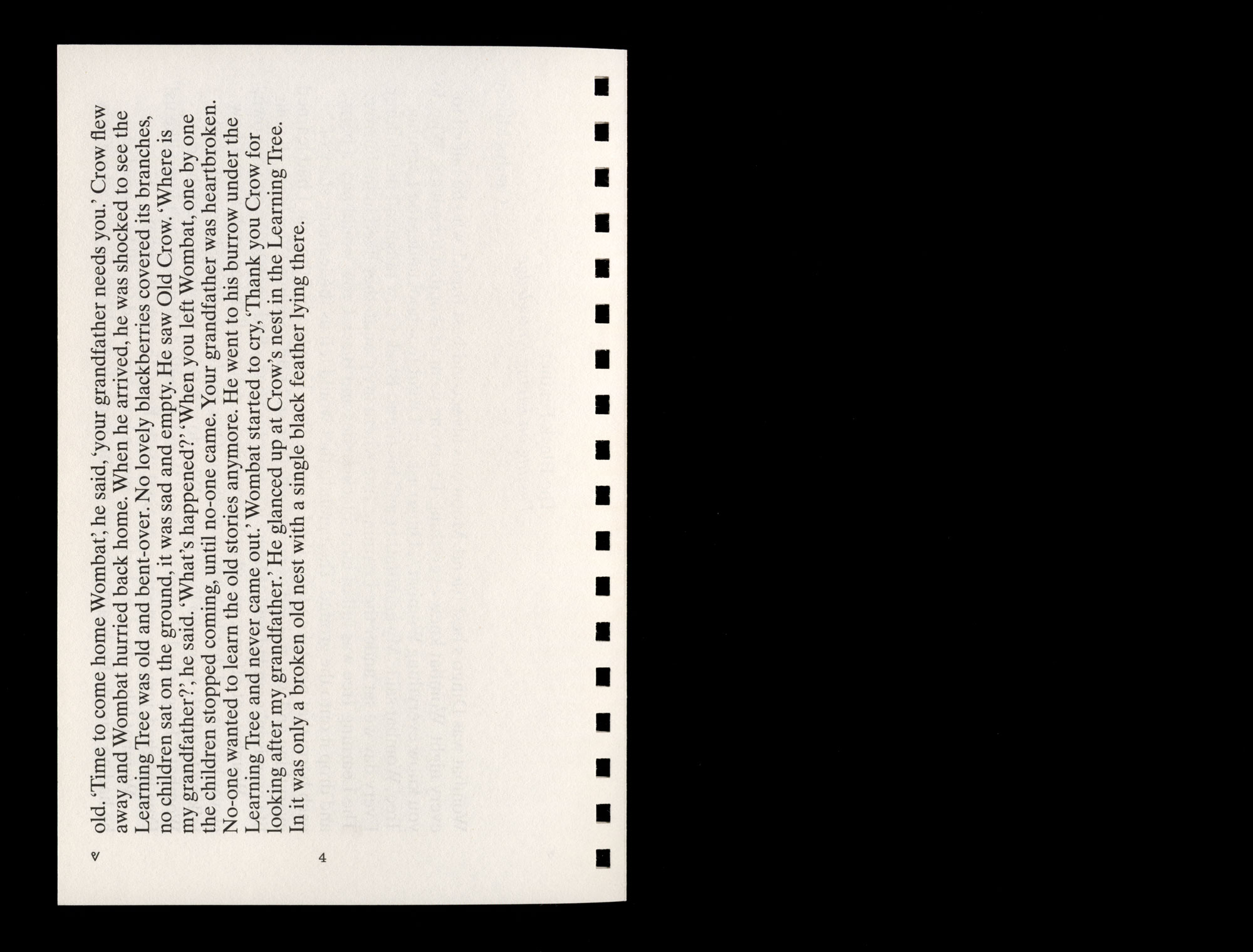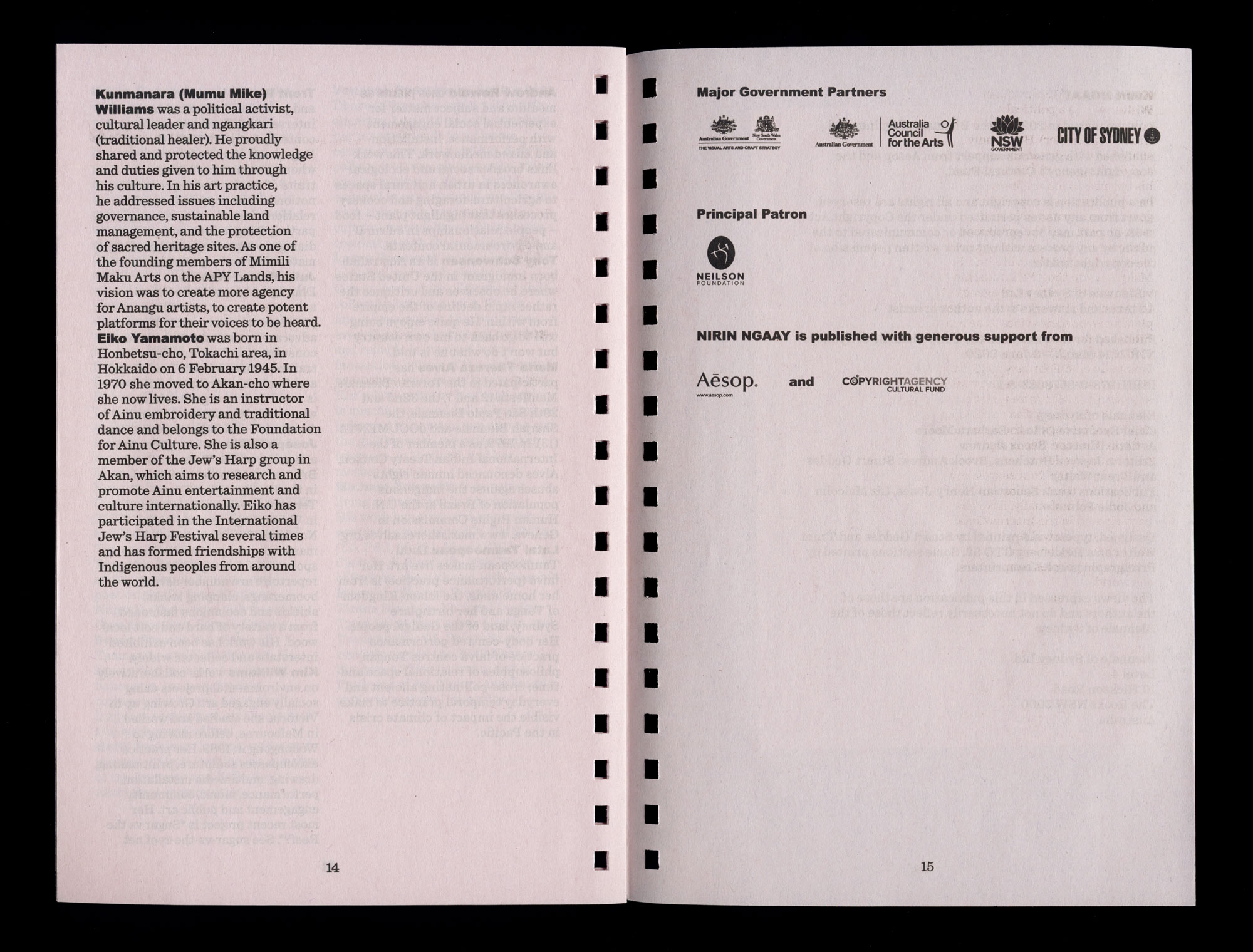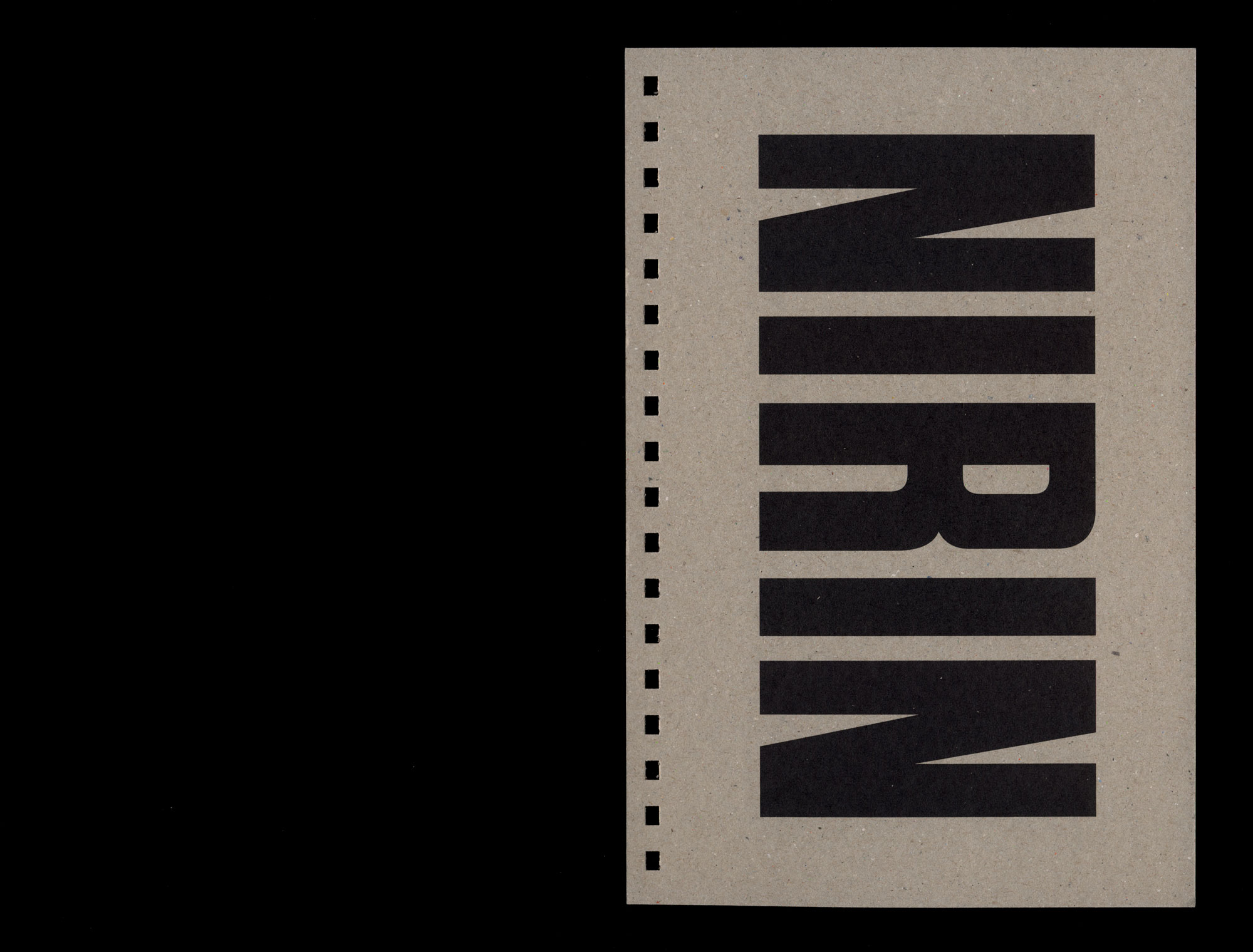Originally translated from North-Sami to Norwegian by Sigjørn Skåden
Norwegian-English translation by Tanya Busse
The following text is an excerpt from Thunderbow (originally titled Bajándávgi) written by Marry Ailonieida Somby. It is
due to be published in English by Mondo Books towards the end of 2020.
He comes dancing, his hands holding a firm grip on the wide silver belt, the silver decoration dangles like sparkling water drops, becomes part of his flawless body, his supple limbs. The colourful gahkti folds whirl. I look into crowberry eyes, searching and challenging, the life glow in them shines like the spring sun that melts all ice, creates floods, brings forth bare patches and draws out the scent of heather. In the back one can notice another depth, something hard as granite, a thunder bow, but I have no time to look too closely. His smile at me is snowflake white, he throws glances at me through the dance, I only see the blue-black hair that waves over the kofte-collar.
I hear the beats from Agnes’ loom and the fire that quietly burns, she rises to lay more logs in the oven, calmly she continues weaving. I hide a smile, Agnes follows the same path as my deceased grandmother, one should not wake a sleeper abruptly, the soul will be trapped in the dream.
I rise when I hear Agnes boiling coffee, she rattles with the crockery, the fine sound of porcelain when the cup hits the saucer. I nod politely good morning and go over to look at the blanket. In her great-grandmother’s way she weaves a thick wool branch in a storm of colour, the pattern is both traditional Navajo and her own. Agnes tells me how the dog tried to grab hold of the logs when she came in with the catch, it had jumped so high that it lost its balance in the air and fell flat on the ground. We laugh for a long time when Agnes illustrates how the dog fell.
‘Do you think Archie comes today?’ I ask.
‘I have not heard that he will not come’, she answers.
‘How is the relationship between him and his father now?’
‘I don’t know, he’s on his way here’, Agnes sighs, but at the same time she smiles at the thought of her daughter-in-law coming. I have not met Archie, I have only heard from Agnes that he and his Apache father argue a lot.
We look out of the window at how the spring has sprung forth, we drink coffee and talk about the dog who is still hiding behind the woodshed, only the snout protrudes from one corner, and jumps up and down like a bouncing ball, until Agnes trudges back to her loom to weave further into the storm. I wind a ball of blue-black yarn for her. Calmly I bring out my drawing pad, draw some charcoal lines, eyes appear, black like fallen stars and kofte-edges lifting in the dance.
As Archie’s car rolls into the yard, Agnes and I rush to the window. Agnes loosens her apron. She has stressed about the food, she has fried goose and I have helped her with the potato salad, and we also have fried red and blue corn, of typical Indian variety. Agnes slips out while I remain at the window, I see only the long, blue-black hair under the dark blue headband. They come in, and his smile stiffens to a rigid plaster mask as soon as he sees me, he walks towards Agnes’ loom, but Agnes stops him and asks him to greet me. He gives me his hand, coal-black eyes meet my dark brown, it feels like his black eyes smudge over into mine, then his gaze lifts straight up to the ceiling and remains there.
‘My God,’ I think, ‘so young and so terribly arrogant.’ While we’re eating, I ask how old he is.
‘Nineteen,’ he answers briefly before continuing the conversation with his grandmother.
Agnes jokes about how the dog used to hide the ball so carefully that it doesn’t even find it for itself. Does he look at me as white? I run my hand through my fair, long hair and suggest to Agnes that we show him a video about the Sami, hoping that it will soften some of the Apache boy’s accumulated prejudices of old against anyone with white skin.
‘Maybe you two youngsters can go for a swim afterwards,’ Agnes suggests.
I feel the urge to object that I am an adult, ten years older than him even, furthermore it seems doubtful that he could be bothered to go anywhere with me. However, my doubt as to whether he could be at all bothered to watch the video is put to shame. He sits along with us paying attention, watching our joik-stars and our reindeer. When we get to the motorised part of the reindeer-herding, the helicopters included, I blush a little, but then we proceed to the old rights struggles, until it concludes as if everything is peaceful now that the Sami Parliament has come. Not a word is said of present-day struggles, and it becomes clear that the film was ordered (or commissioned) by the Norwegian government. Afterwards as he goes out to smoke, he whistles at the dog, who has now gotten over its shameful morning and comes bouncing and wagging. There is no longer any talk of going swimming.
I sit in my princess nest, at least that is how it feels when I see how Agnes simply throws him a blanket when he comes back through the door. His grandma tells the story of how the dog got stung by wasps last summer and wanted to fight against all wasps until it was stung again, this time in the head, and finally learned that there is no use in challenging them. Then she says good night and goes into her room for the night and we are left sitting – like two cold border-stones around an extinct fireplace.
‘Májjá,’ he whispers and lights a couple of candles.
‘Do you want a drink?’
‘I would,’ I respond with a veiled astonishment that seeps out from somewhere near the roots of my hair.
‘What do you have?’ He doesn’t answer, just digs out a tequila bottle, finds some glasses and pours.
‘How do you like to spend your time?’ I ask, as I secretly long for a slice of lemon to go with the drink.
‘I ride wild horses, play guitar, draw and write!’ He rattles off and in his eyes I catch a glimpse of kicking and galloping horse hooves over untouched wilderness, a place where one can meet falling stars. I show him some of the images I have made, but he looks more at me than at the artworks.
‘Tell me, Májjá, grandma tells me you had to escape from Norway.’ Typically, after a drink, it is Májjá, Májjá, then I am good enough for the Apache warrior, I think.
‘I’m nothing but an artist,’ I answer.
‘Why did you come here?’
‘I got a travel scholarship and went.’
‘When will you leave?’ he asks.
‘Now, pretty soon, I’m opening an exhibition.’
‘Don’t go, Májjá, it can be dangerous for you.’
I empty the tequila glass and close my eyes. I hear him filling it up, both for himself and me.
‘Huff, wish we had lemon,’ I exclaim.
‘I’ve never met a sami before, you’re my first. And it was a gripping video.’
‘Was it, really? It doesn’t show anything of what is going on now,’ I sneer.
‘It is because of what is happening now that you are here?’ he says, and the light in his eyes becomes red-hot, the sparks igniting a common fire.
‘Nothing happened, we just held some demonstrations, and a couple of police officers disappeared,’ I reply and light a cigarette.
‘A few, how many then?’
‘Well, five, six. It was probably six.’
‘Do you know Leonard Peltier? In that case it was two FBI agents who were shot, and no one can prove that Peltier shot them, yet he got a double life sentence.’
I nod.
‘I have heard a lot about Peltier, from the very beginning.’
‘Bullets couldn’t kill Geronimo, it’s actually true, he had so much medicine that he couldn’t be shot, the bullets wouldn’t penetrate. The guns bent when taking aim.’
It dawns on me that I could be speaking to one of Geronimo’s descendants.
‘Do you know what Geronimo said?’
‘No?’
You come close to them
their colour colours off
first they steal the land
take the people
one after the other
then the food
the music
your dances
and in the end your words
and your thoughts
he says, adding that it is easier to die while fighting
than to live in a world where nothing exists. Suddenly he blows out the candles and stretches toward my foot beginning to fondle it.
‘Have you ever kissed an American boy?’ I can’t help but giggle.
‘What is it?’ he asks.
‘You have boasted of your Apache heritage all night long, but now when it comes to kissing you are an American boy.’
Moments later, I feel his beautiful, narrow lips against mine, allowing them to ignite a fire in me.
‘I don’t think Agnes would like me to go with you,’ I manage to whisper before we suddenly lie together in my bed, tearing at each other’s clothes.
‘You are so beautiful, I was startled when I saw you, I wanted you right away,’ he breathes heavily.
I grab his tongue and suck, lick, rotate it in his mouth, towards the neck.
‘I thought you looked on me as a white person and that you didn’t like me at all, I manage to say, gasping for air between the kisses.’
‘I was afraid of you, you seem so powerful,’ he whispers, and plays with his tongue in my ear, while removing my sweater and starting to knead my bare breasts. I pull his sweater off, stroke his boy-wide shoulders, his chiseled muscles. He sucks and licks my nipples and I just have to start exploring the bulge in his pants. He grabs my pants, and tears them off with a single jerk.
‘I like you so unbelievably much, more and more, I wanted to make love to you as soon as I saw you.’
‘Who could have imagined that,’ I think. And at the same time I wonder how long he’ll last, five minutes? He’s so young, a nineteen-year-old doesn’t last that long.
The mind phases out as his fingers find me, he massages me with those guitar playing fingers of his. Quickly I pull off his pants completely and find his manhood. The size surprises me since he himself is so slim, with one hand I stroke his cock while I caress his tight butt with the other.
He hits my heat, starting to massage me, and suddenly his lips are no longer near mine. He lies between my legs and kisses me where I am most sensitive, I lose all grip and start pulling his long black hair. Quickly I begin to caress him with both hands, with one I slowly stroke his balls, while I jerk him ever faster with the other. His tongue accelerates at the spot where the glow is strongest, until finally, what we both want the most. He can no longer settle just for my hands, me not for his tongue. He lifts his head, kisses me again on the mouth, now with salty lips, I separate my legs and slowly, slowly he pushes his dick into me. At first still narrow, then straddling myself wider, it is so good to feel how the tip of his dick bumps deeper and deeper into me until he is completely in and he starts fucking me. I push back, give back, lift my hips and rotate back and forth, around and around. I grab his supple ass tightly, as he alternately bites my nipples and my lips. We keep at it until the stars face south, until blue stripes appear in the night sky. I manage to come three times during this time. My prejudices about his shortcomings are far from fulfilled. We swap, I’m on top of him, he asks me to fuck him harder and I ride him so the sweat flows, until my breath is sucked out of me and I come so hard that I fall over him.
